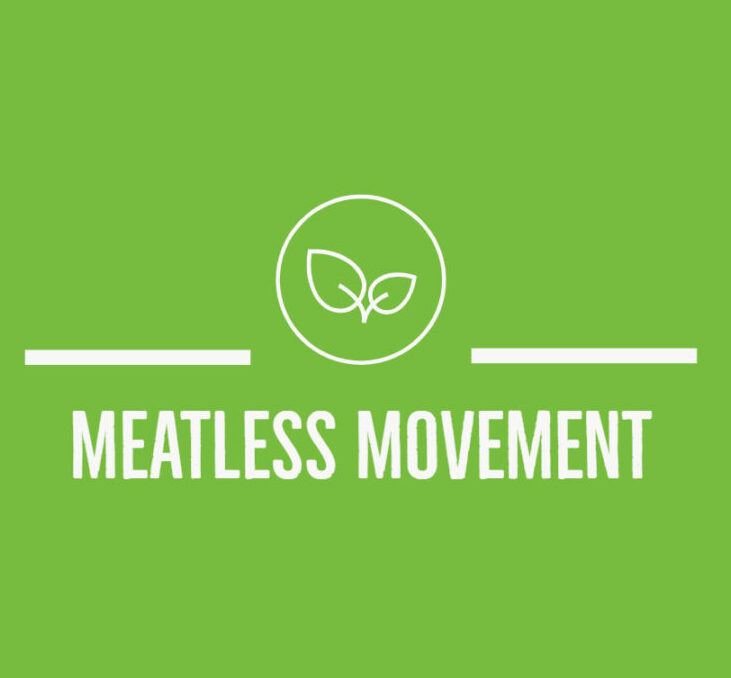From a young age, Sandy struggled to reconcile the notion of being kind to animals with the brutal practices she witnessed, such as castrating pigs without anesthesia, decapitating chickens, and hanging deer fawn upside down in cold rooms. While she and her sister were shielded from the butchering of cows and pigs, Sandy’s love for animals led her to view them as friends rather than commodities.
Against her family’s wishes, she embraced vegetarianism as a personal commitment to refusing participation in the cruelty she witnessed. Sandy’s journey reflects her sensitivity to the plight of animals and her courageous stance against practices that she found ethically troubling.
Tell us more about yourself, please
My name is Sandy and I am 34 years old. I was born and raised in Sweden.
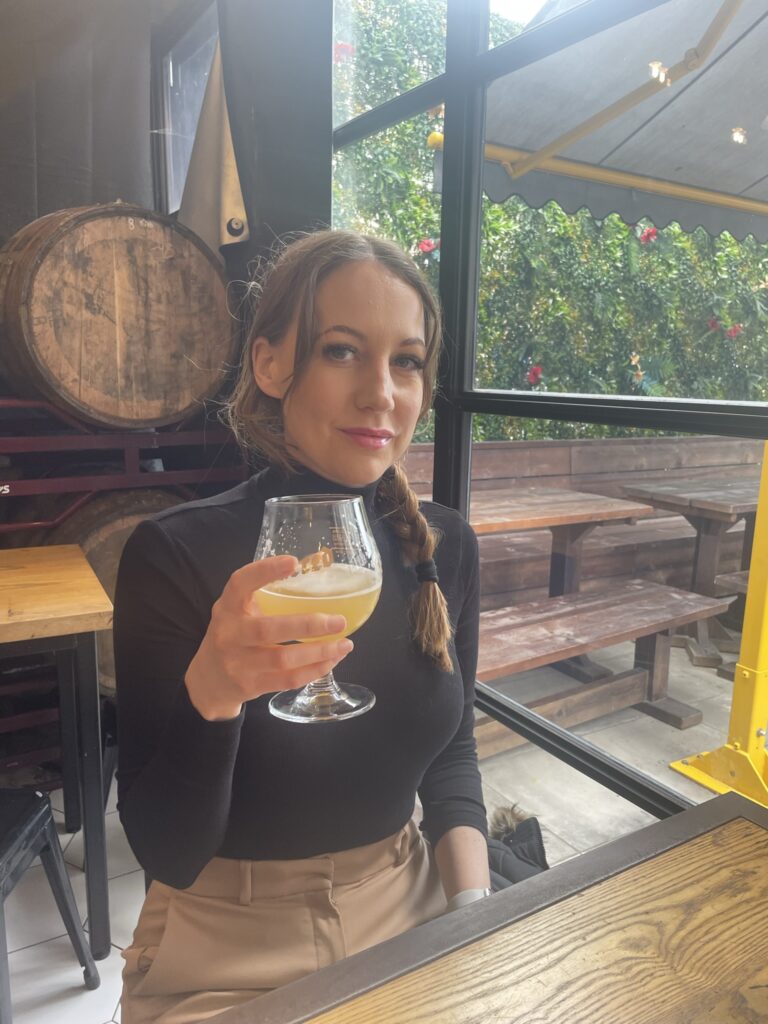
I have no children but two Golden Retrievers named Cendra and Ask. Cendra will be 13 this summer and I’ve had her since she was a puppy. She is truly the love of my life. Ask will be 11 years old in April.
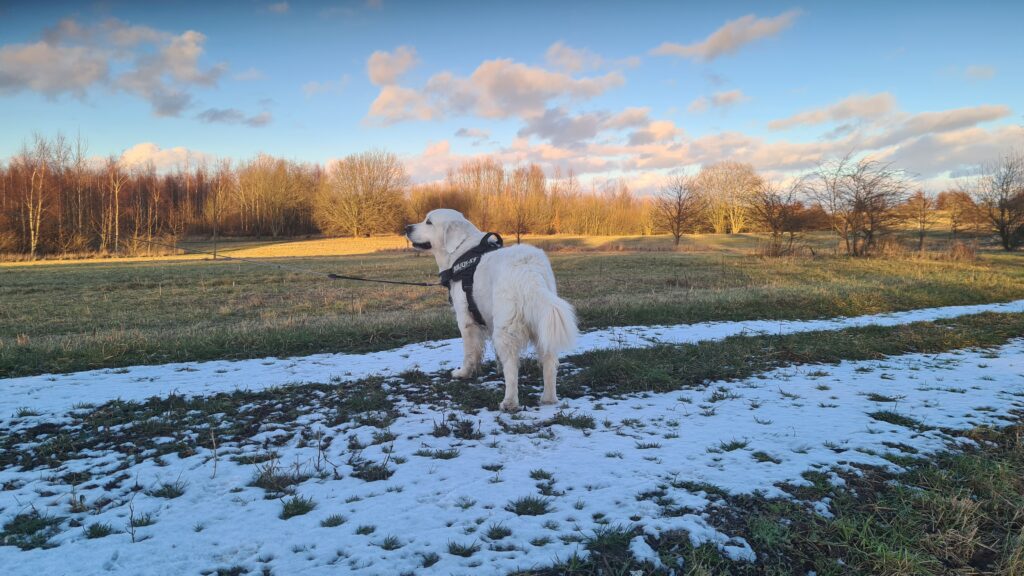
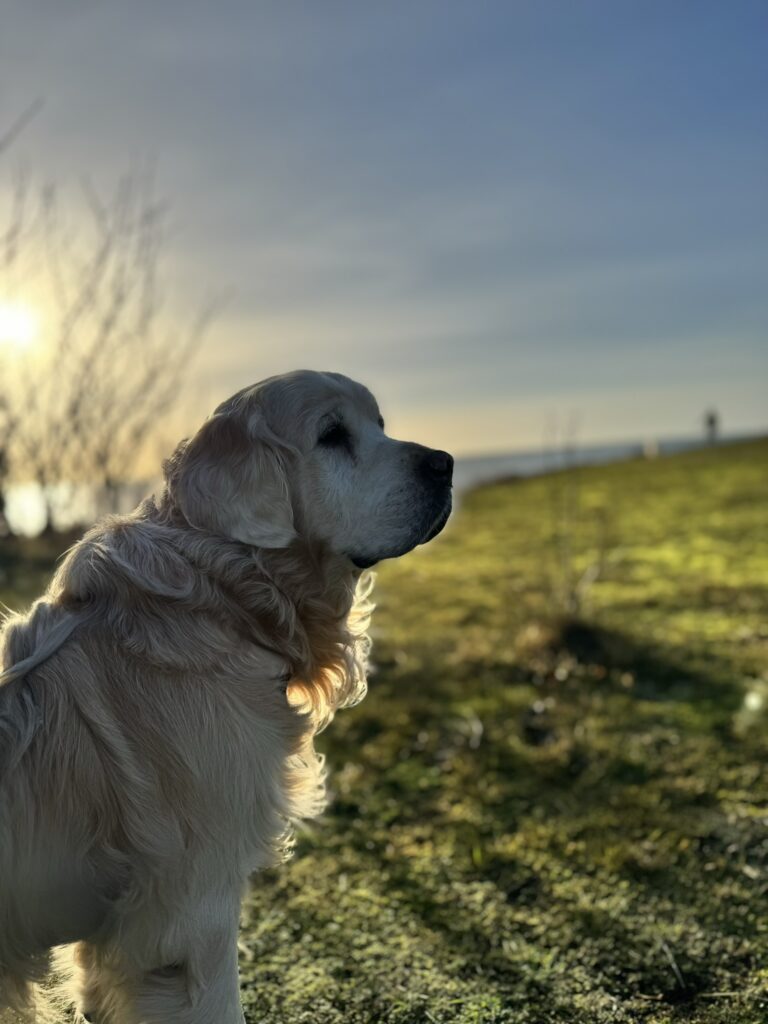
Me and my partner Andreas adopted Ask about three months ago.
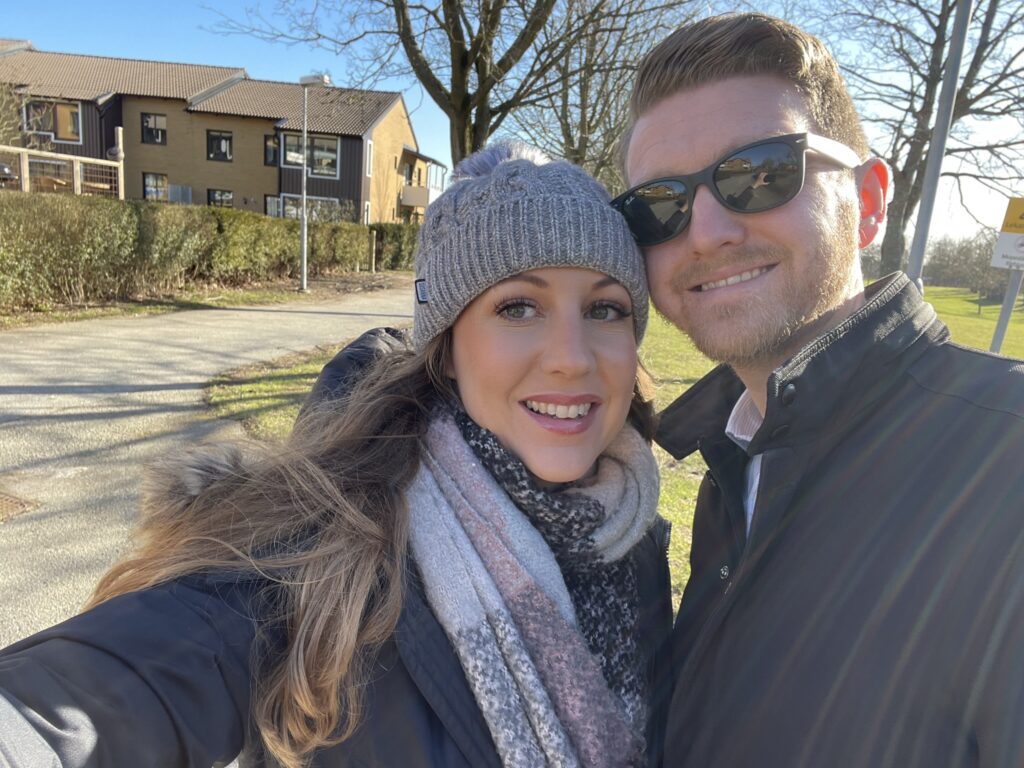
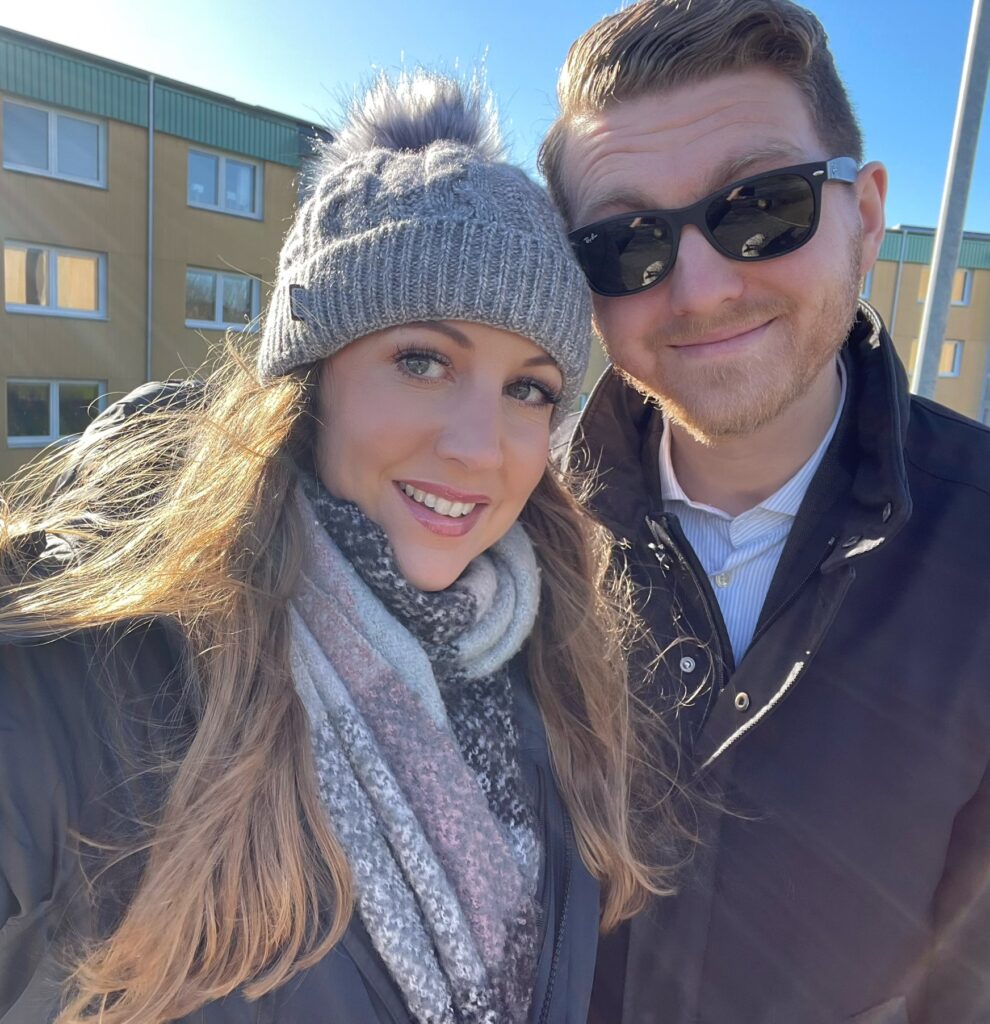
We moved to a house this summer and noticed that Cendra became very anxious when we left her alone.
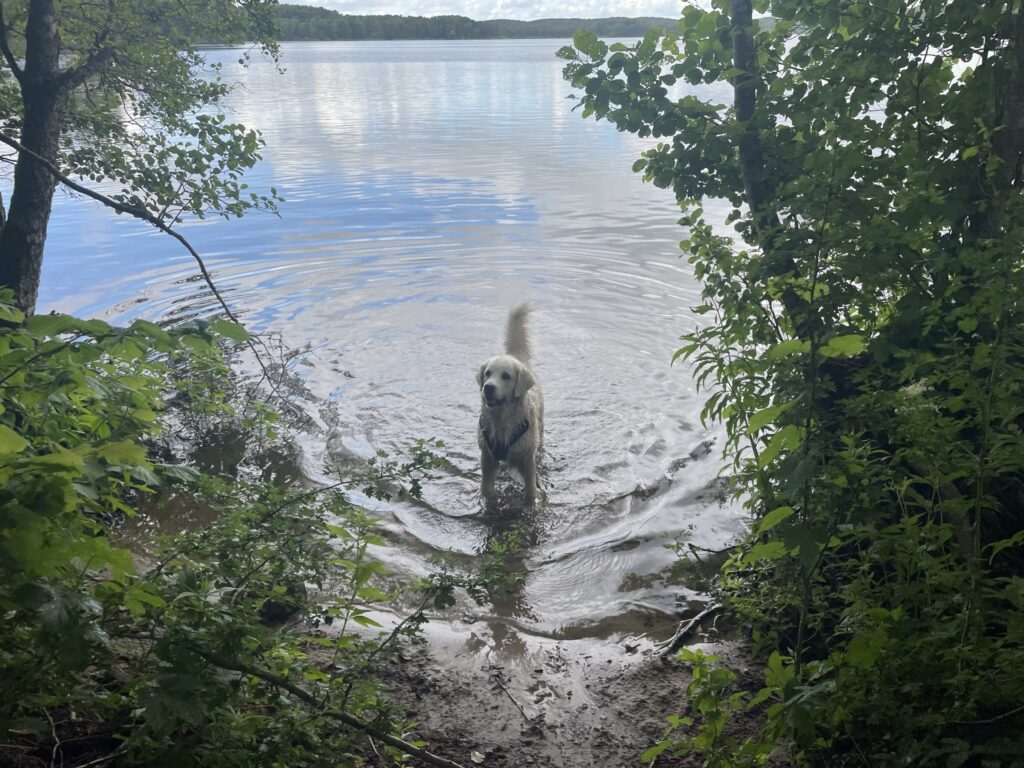
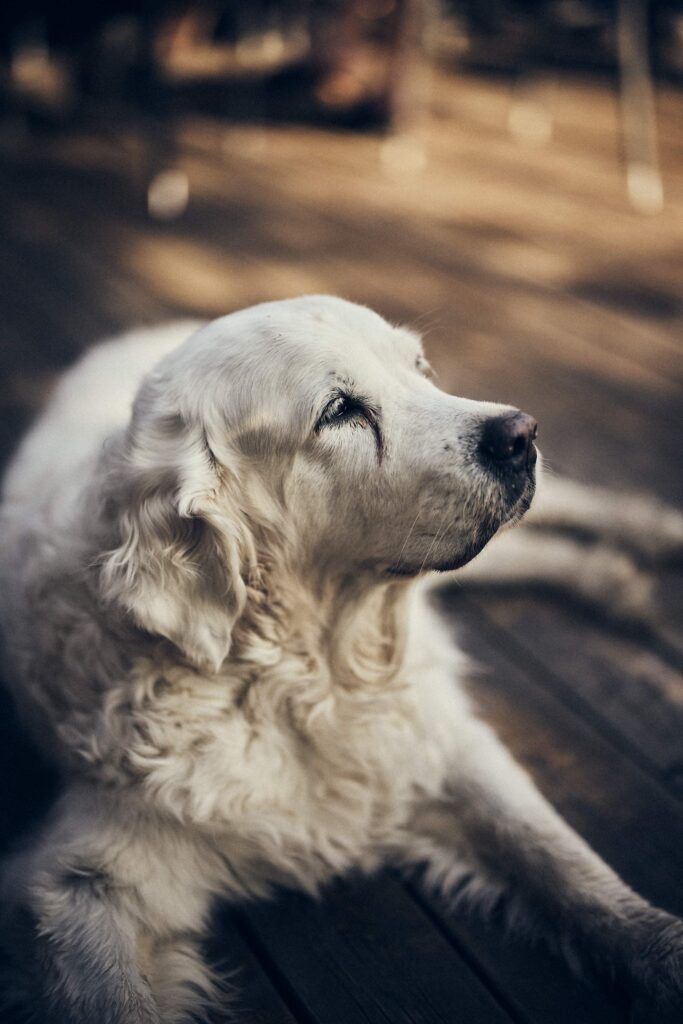
We therefore searched Facebook for dogs looking for a new home and found Ask.
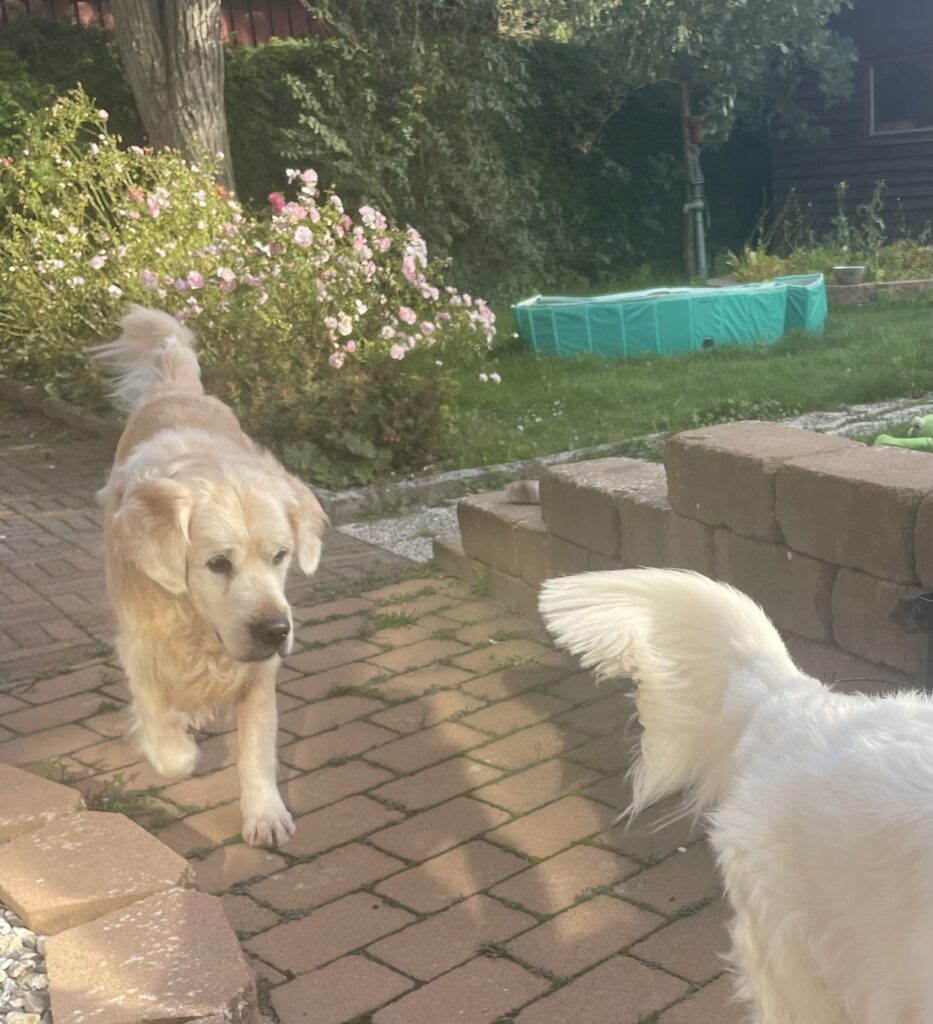
Ask’s owners had recently become parents and no longer had time or space for Ask. When we brought him home we immediately felt he was our perfect match and now it’s hard to imagine ever being without him.
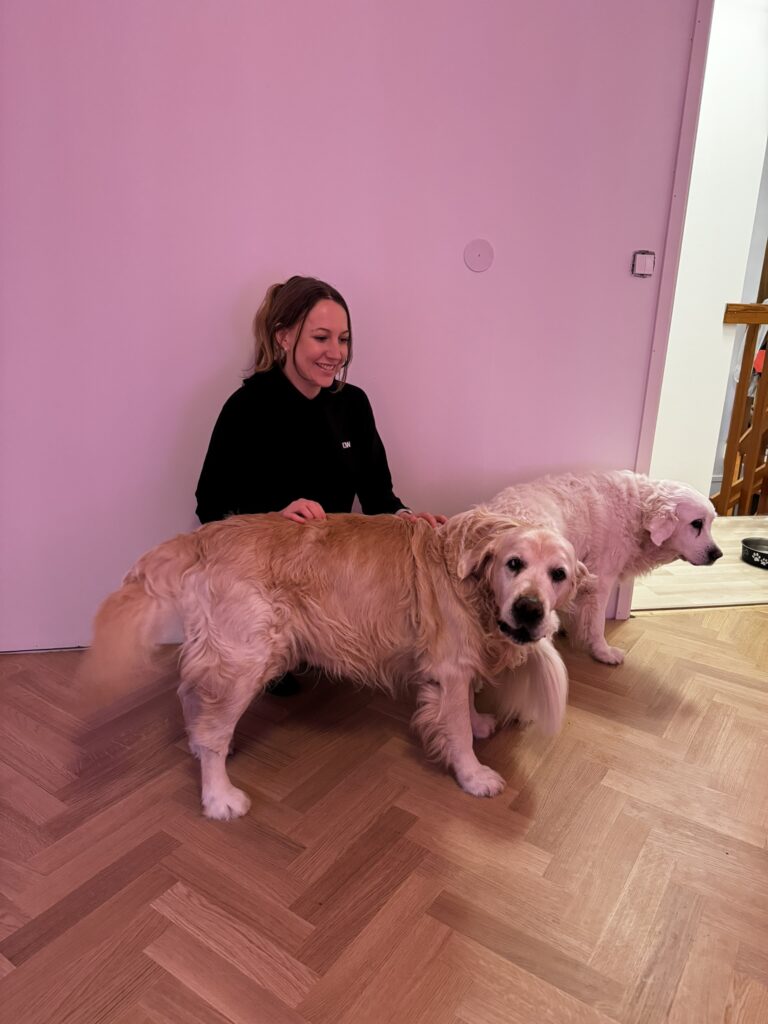
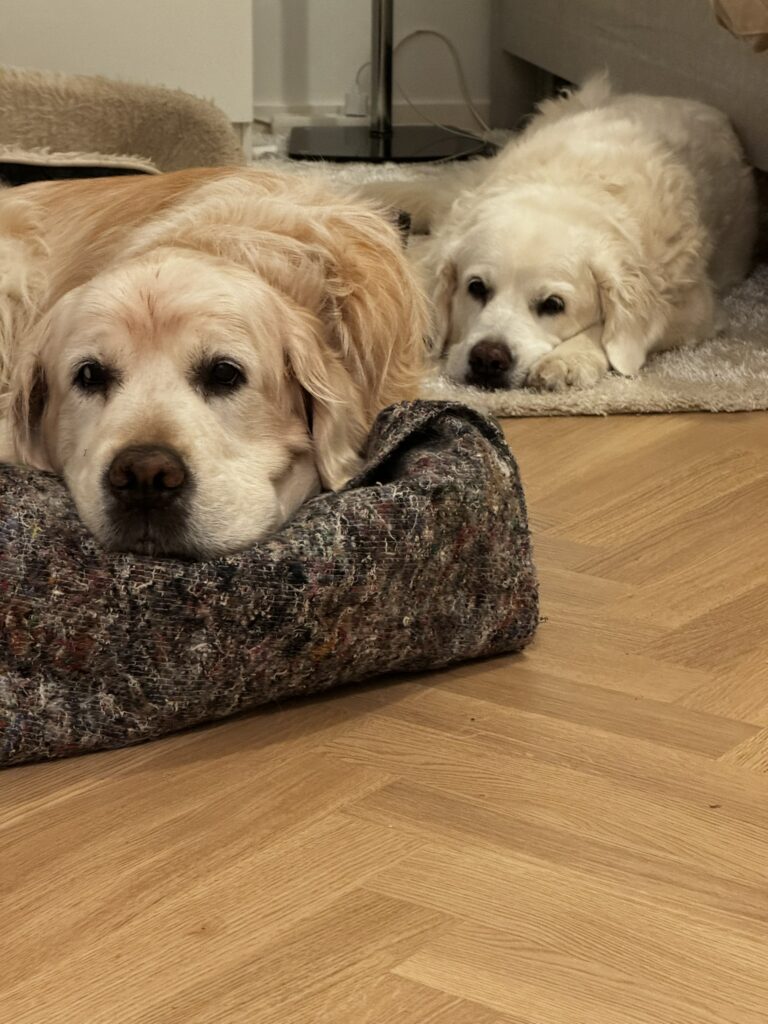
My grandfather and my stepfather both had small farms with pigs, cows and chickens when I was growing up. Their belief was that animals needed to have a purpose for man in order to be worth anything.
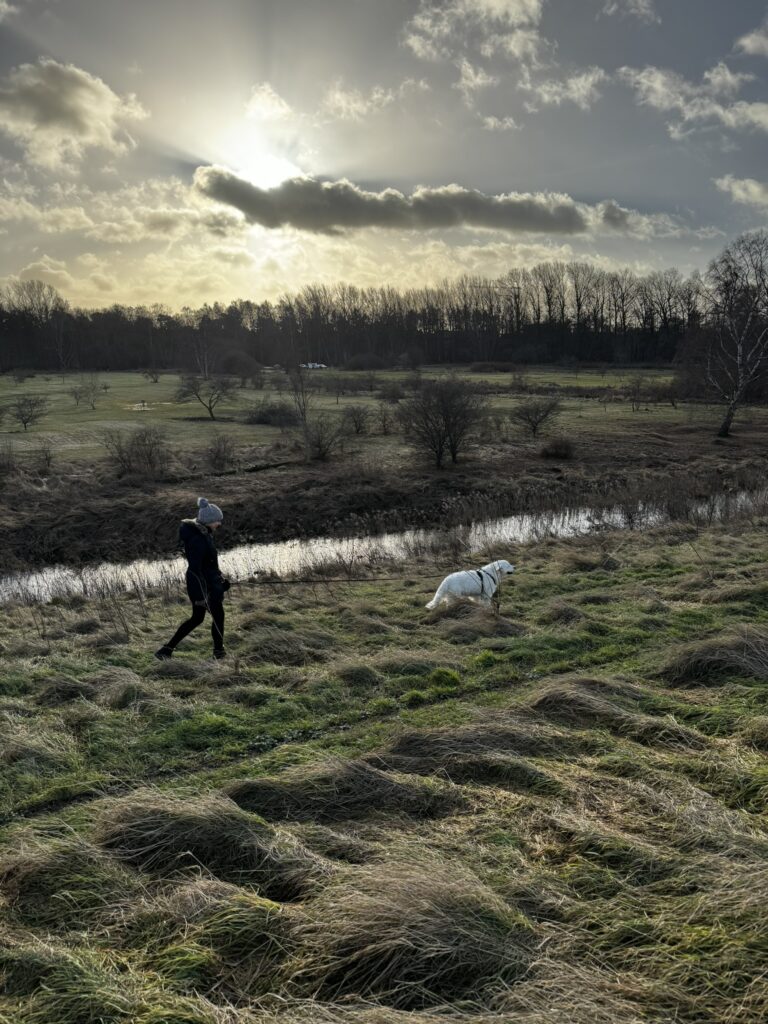
The pigs and cows were for food or drink, the dogs were for guarding, the cats were for hunting mice, etcetera. My stepfather was always “kind” to the animals, which my grandfather was not.
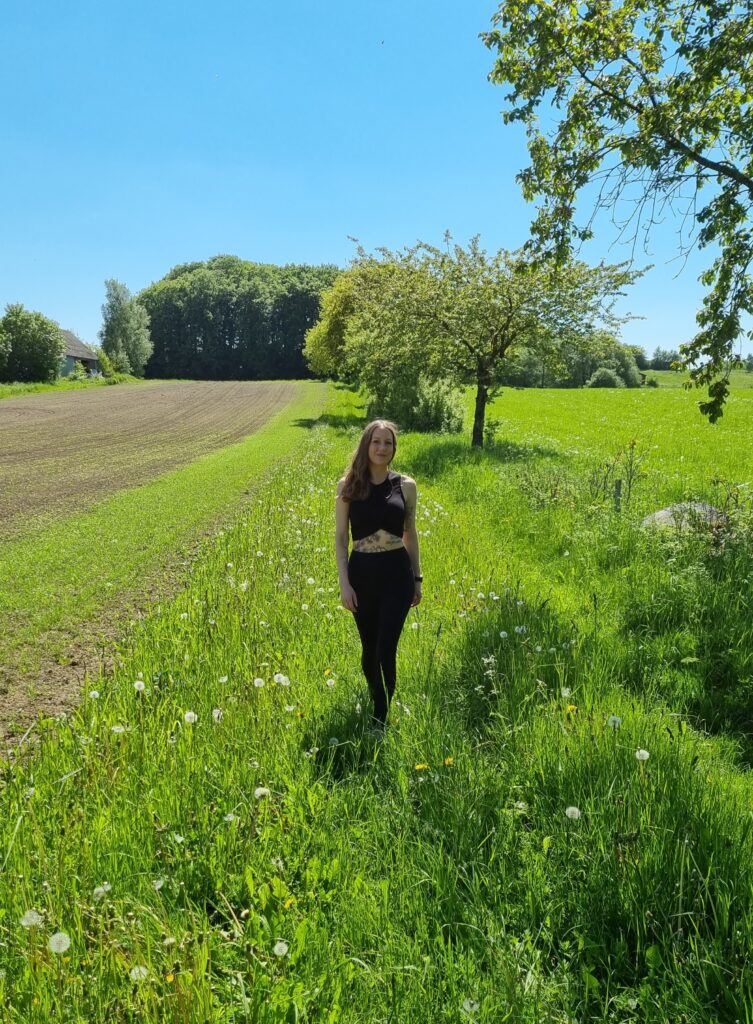
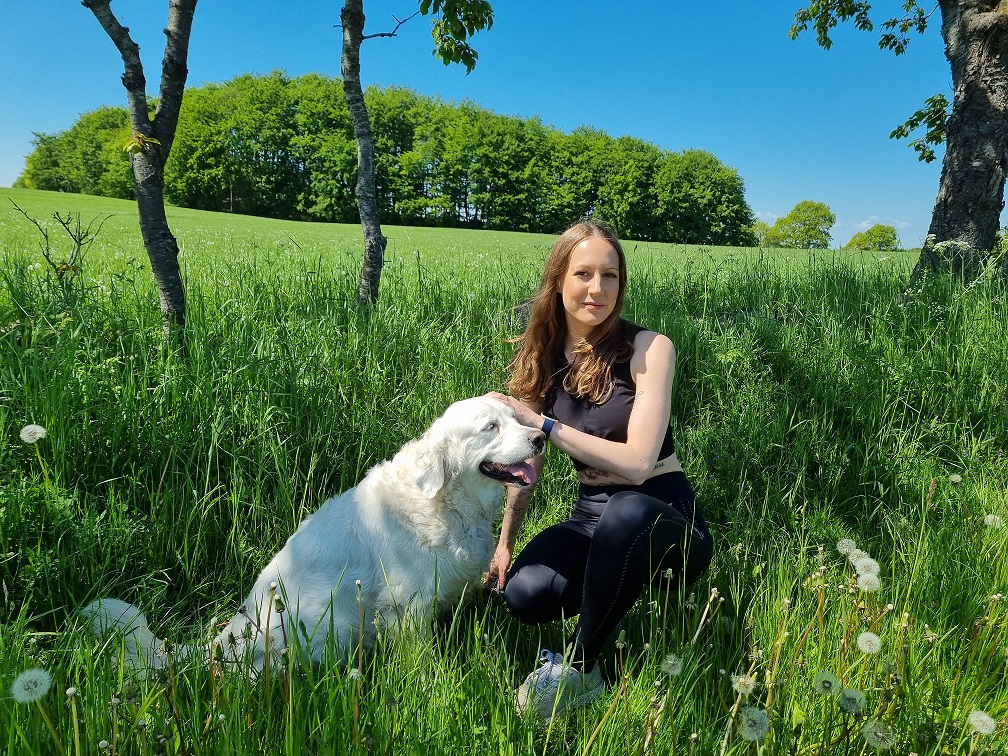
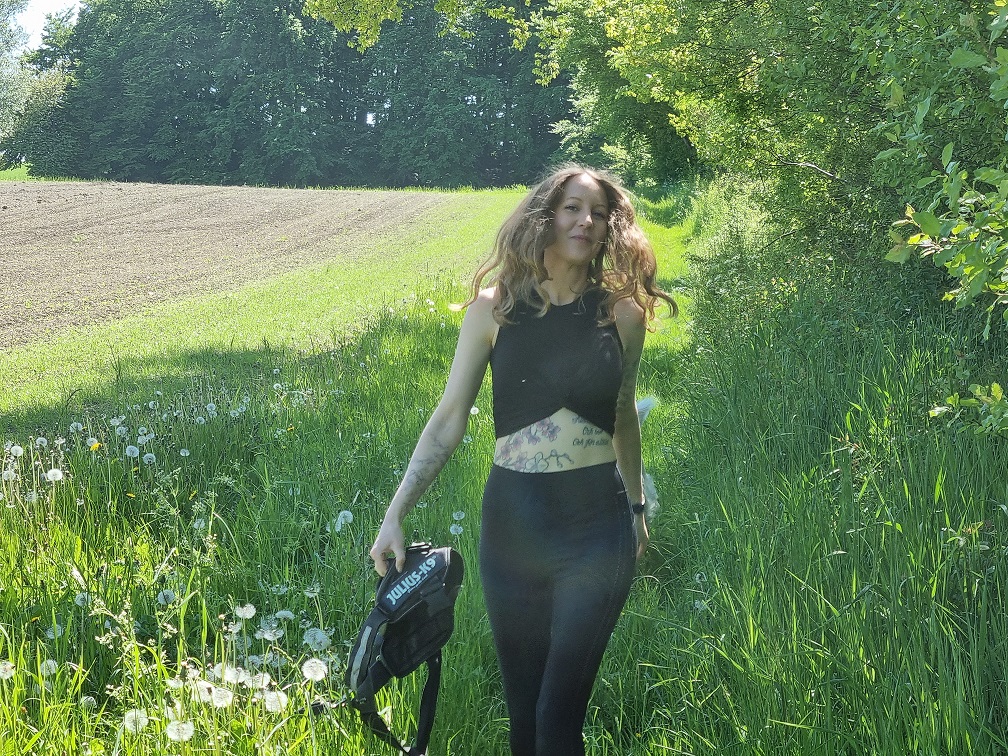
However, I never understood how “being kind to animals” could mean castrating pigs without anesthesia, cutting off the heads of chickens and plucking their feathers, shooting deer fawn and hanging them upside down in a cold room.
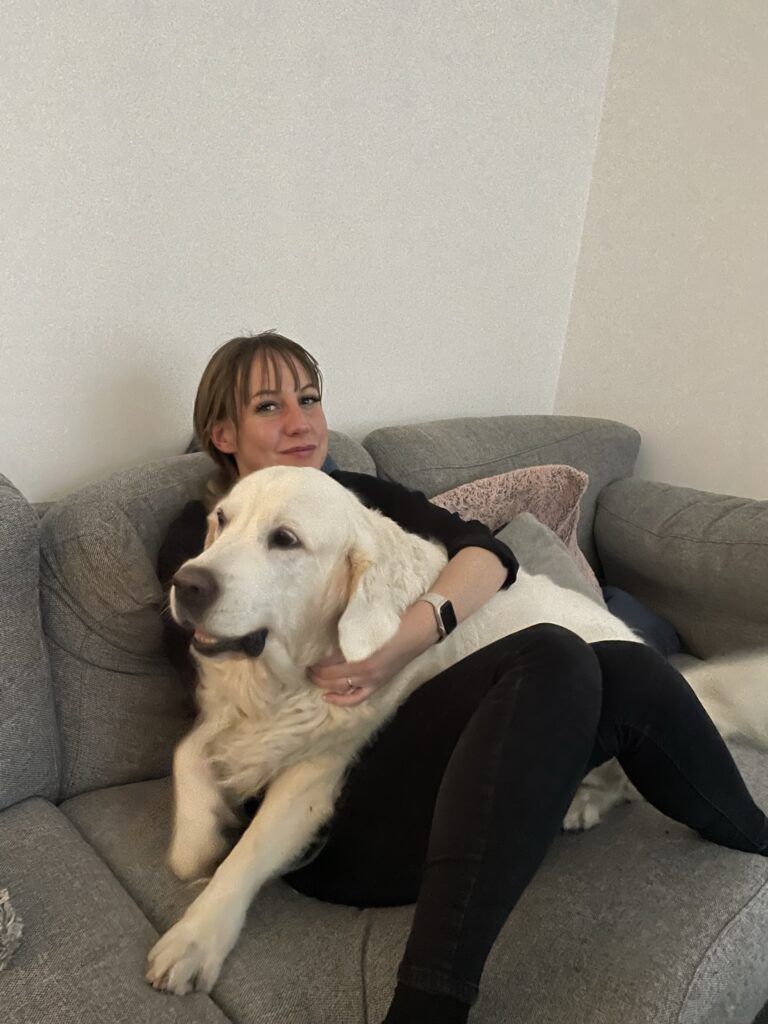
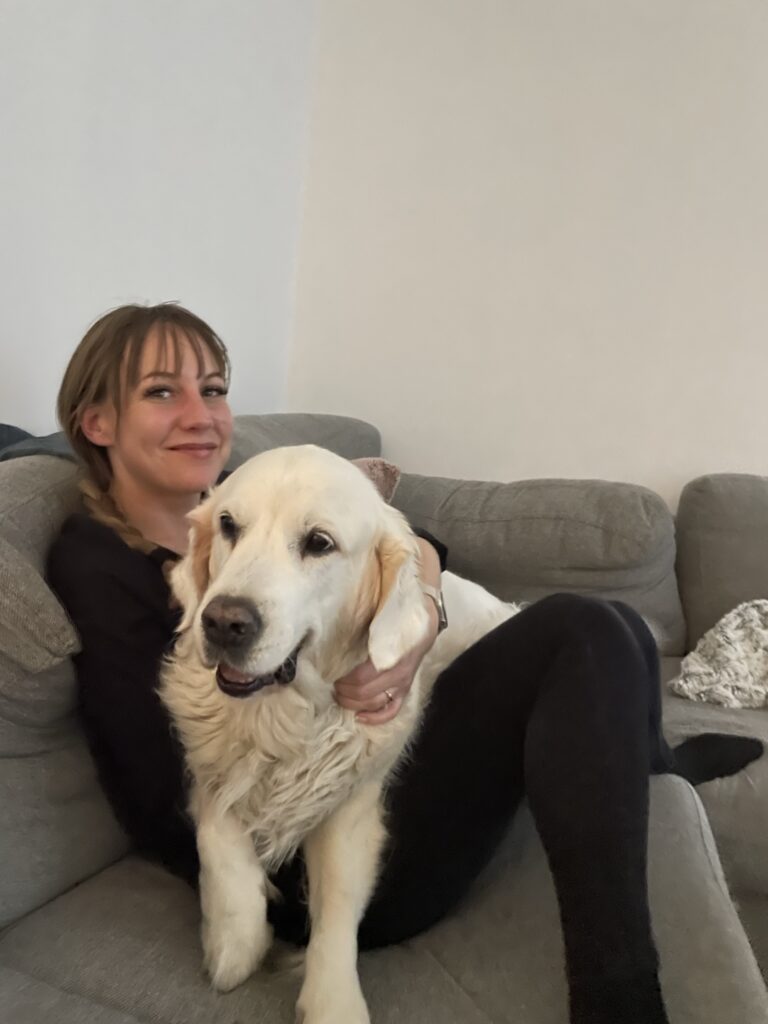
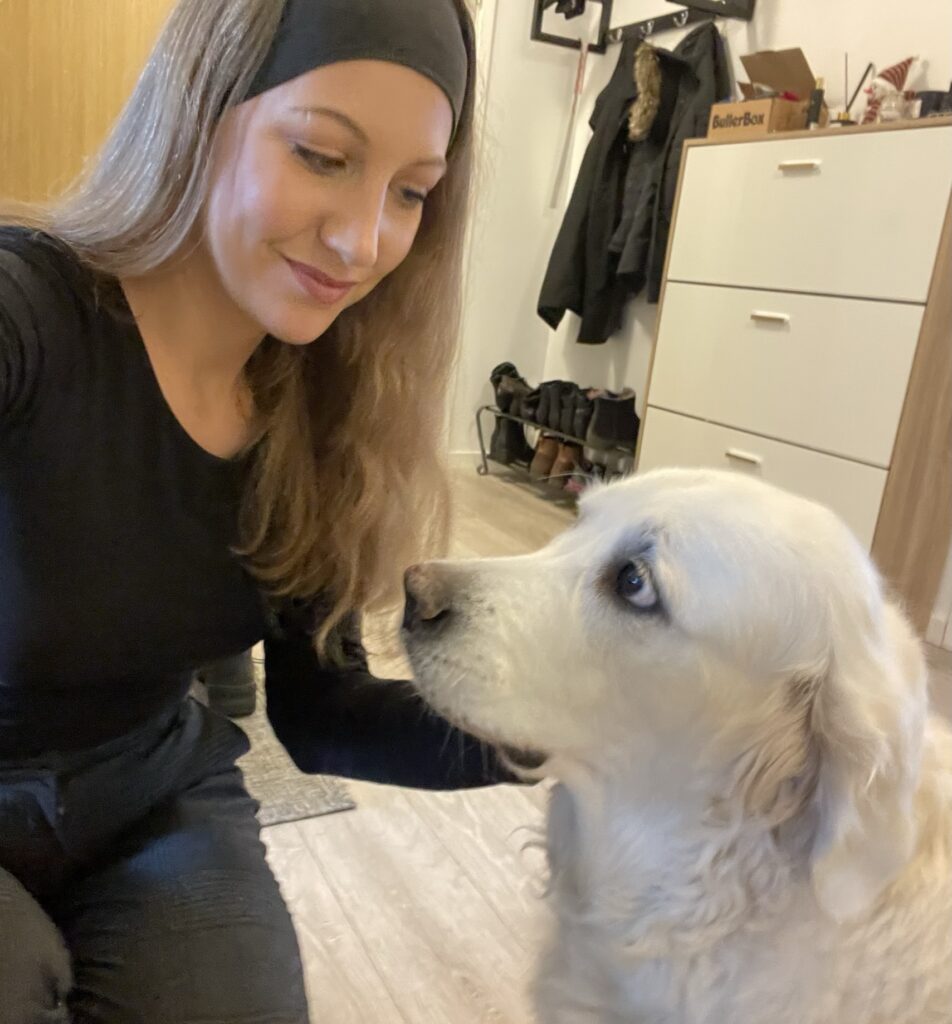
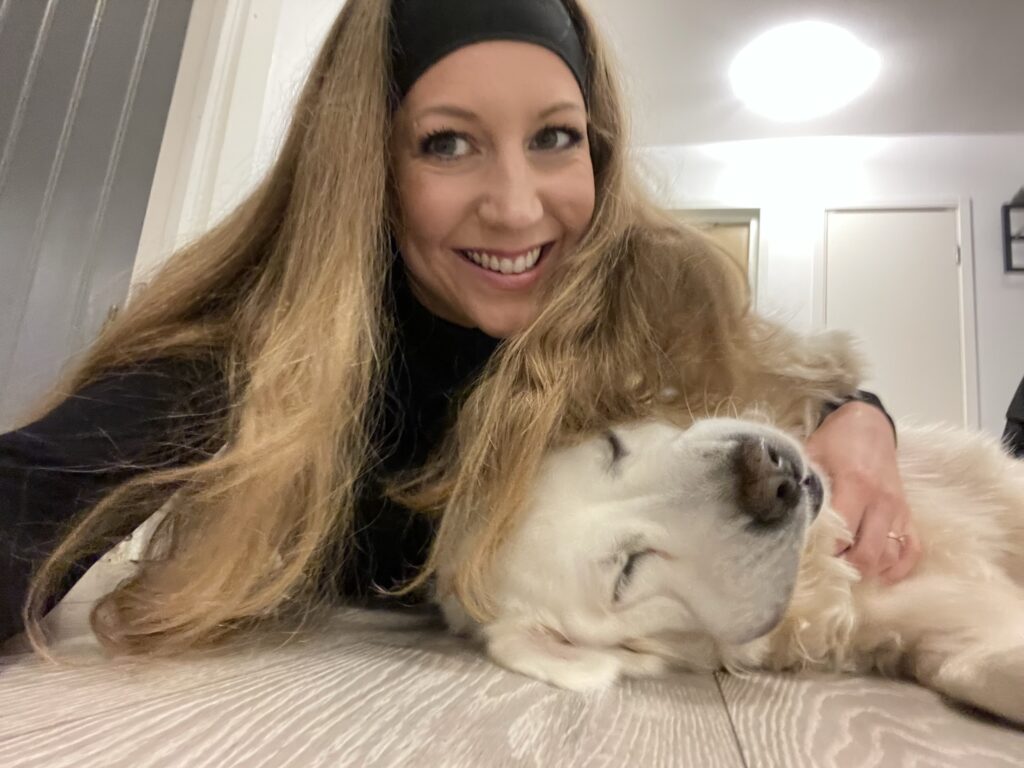
For me it was terrible and traumatizing. I loved the animals and saw them as my friends. My sister and I
were quite protected from the butchering of the cows and pigs. For many years when I was really young, I don’t think I even understood that the pigs and cows were raised to be slaughtered.
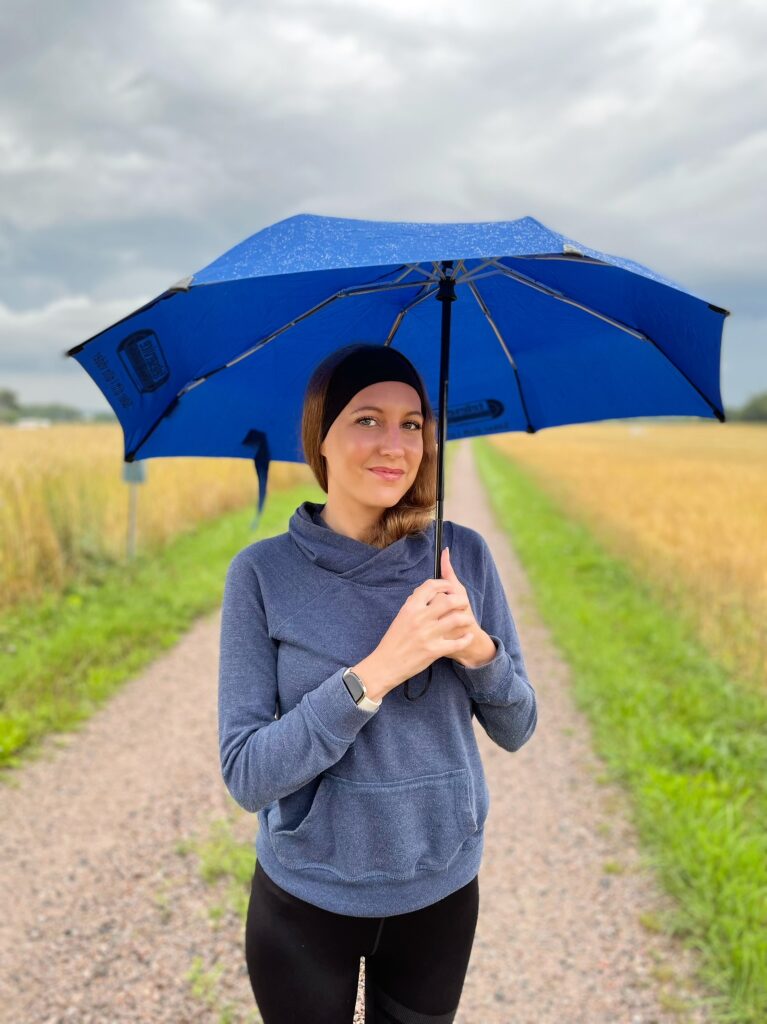
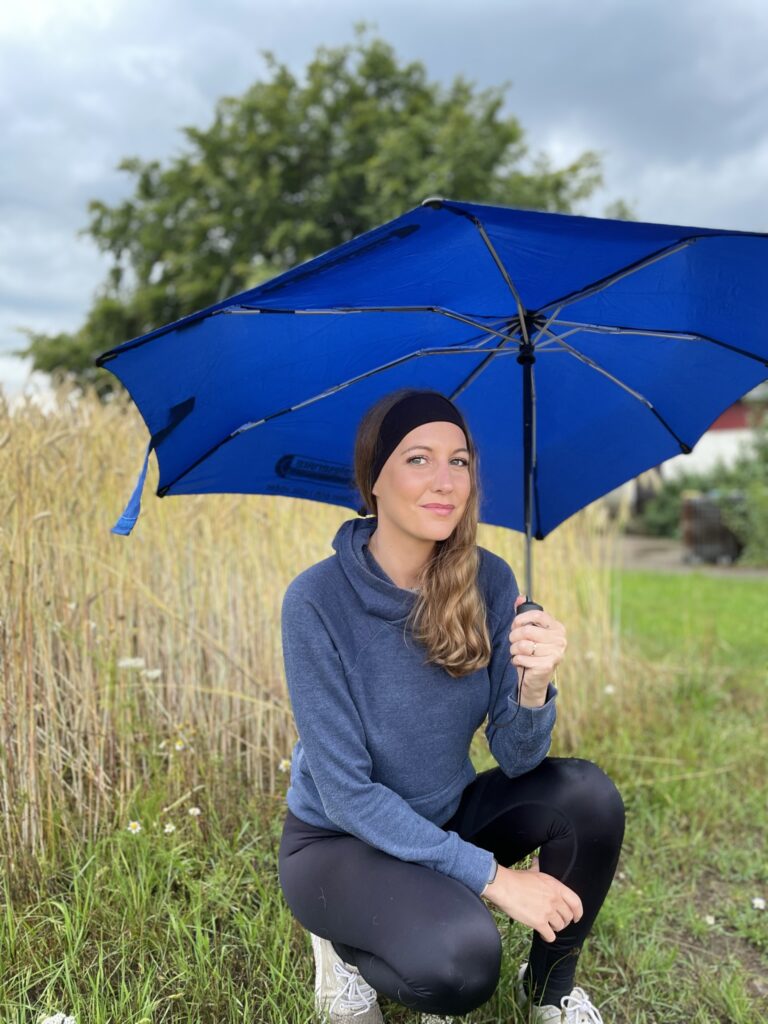
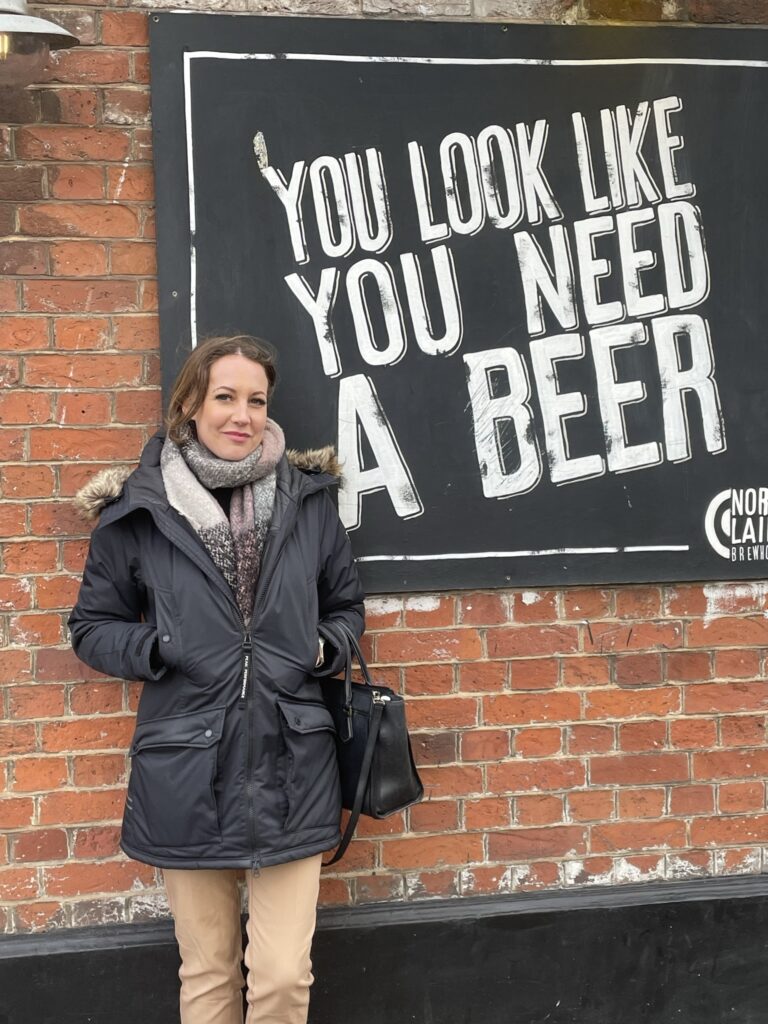
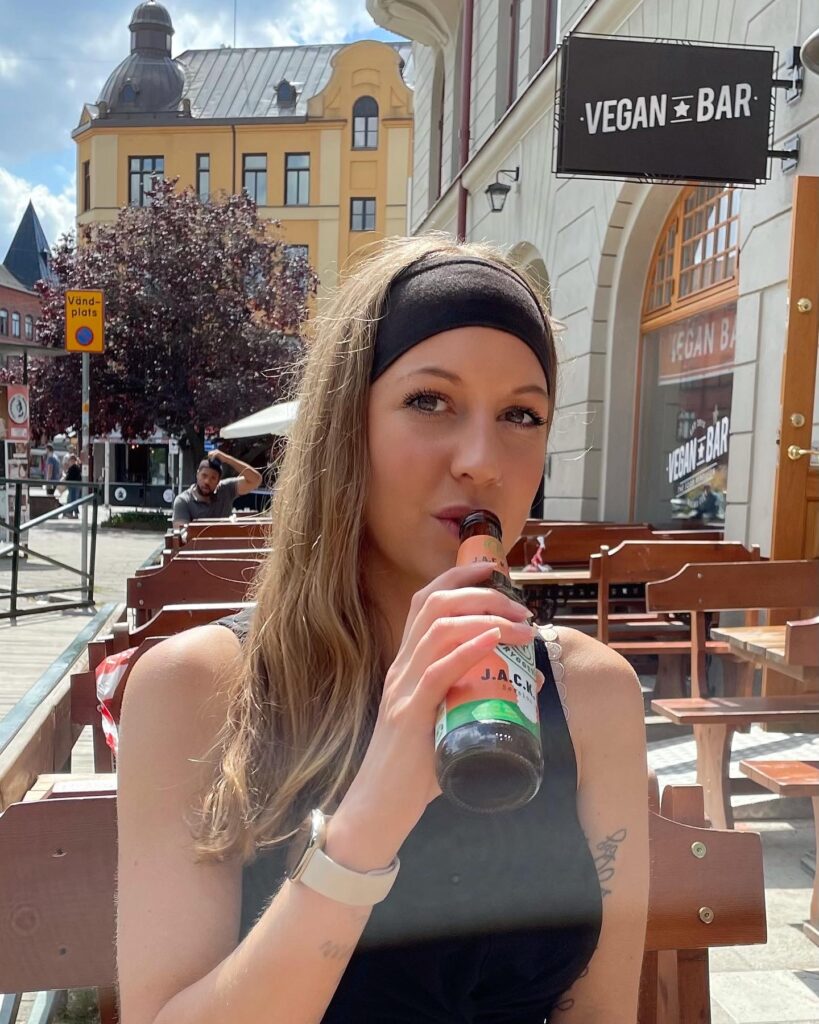
I had even been given a pig by my stepdad that I had for years, I thought. It turned out when I got a little older that the pig had actually been several different pigs because they were constantly going to slaughter.
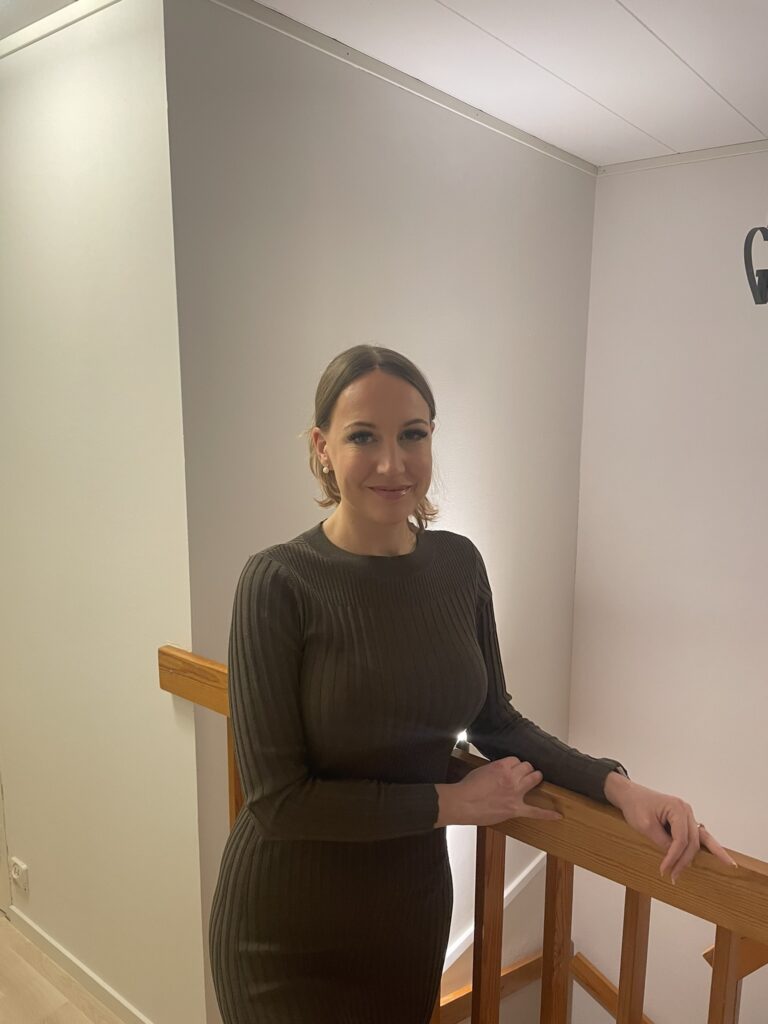
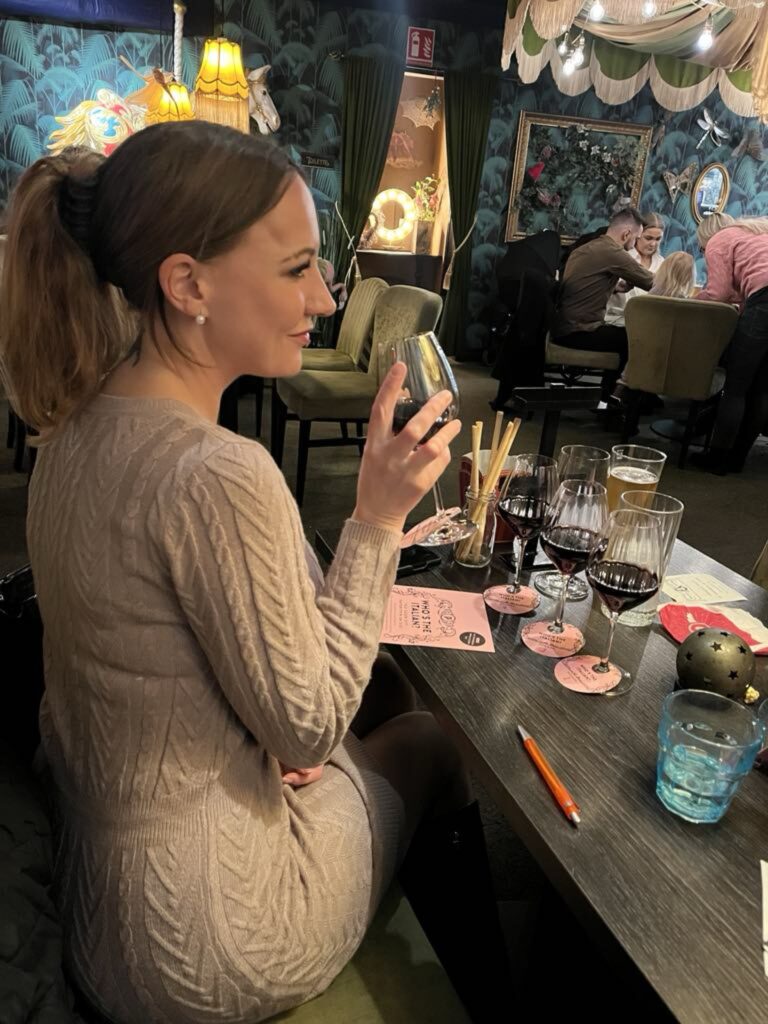
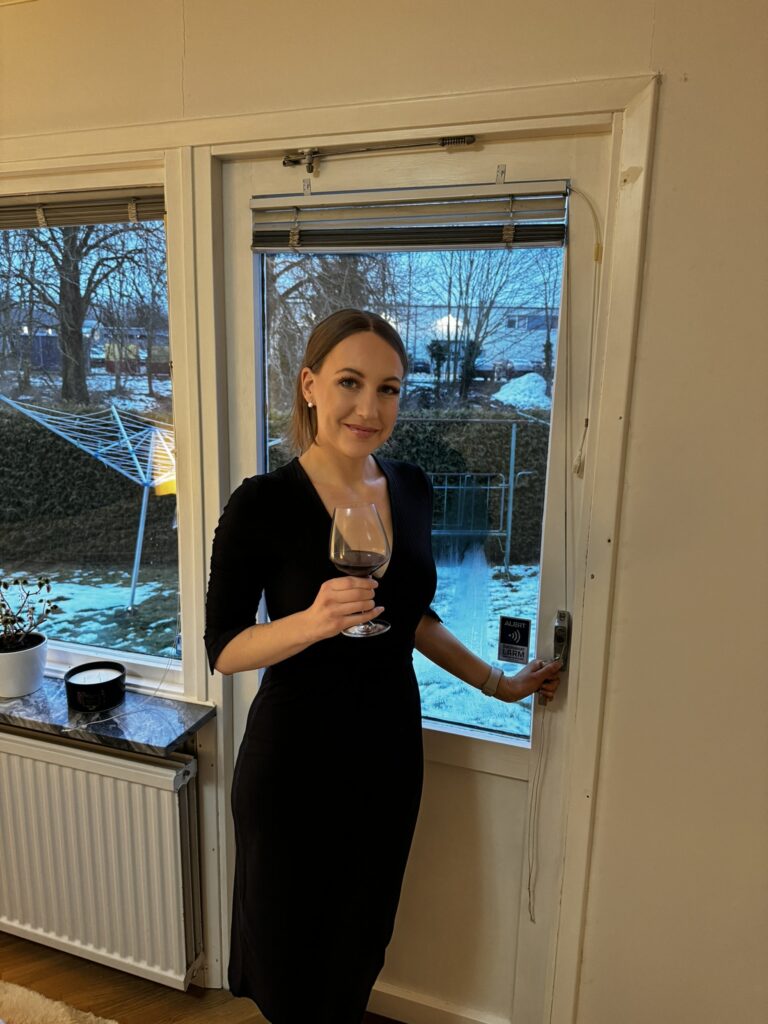
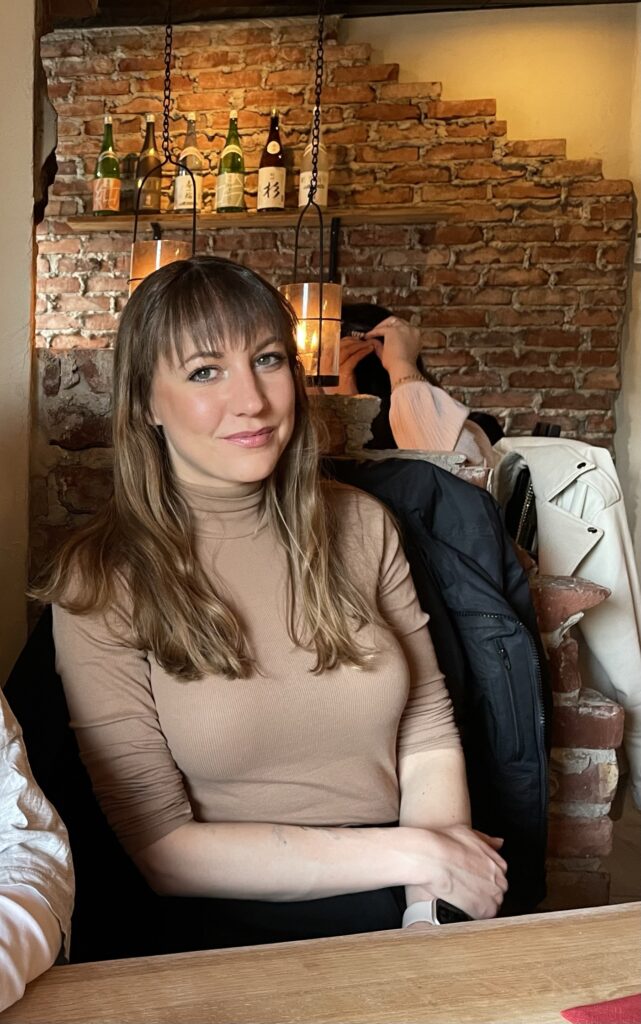
It broke my heart how “my friends” could be killed so easily. I didn’t understand how it could be illegal to hurt or kill a human being but apparently we could treat animals in whatever cruel way we wanted.
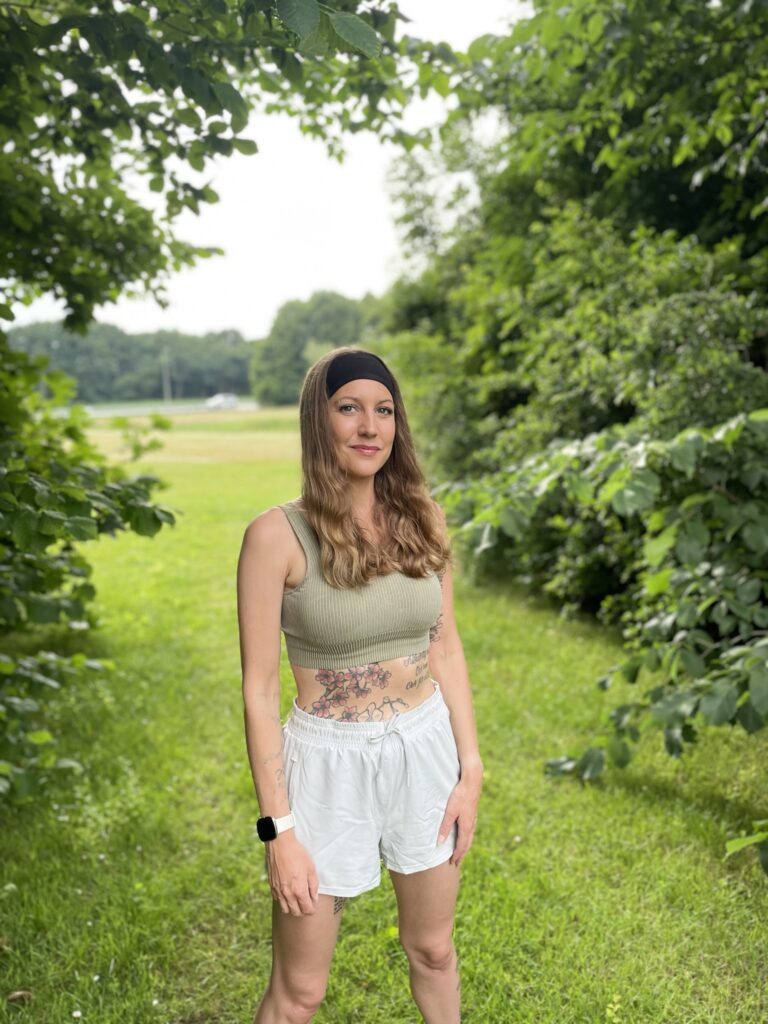
I became a “vegetarian” against my family’s wishes when I was 11 years old. However, my mother said that I had to eat fish, eggs, etc. in order for her to let me, so really you could say that I was pescetarian.
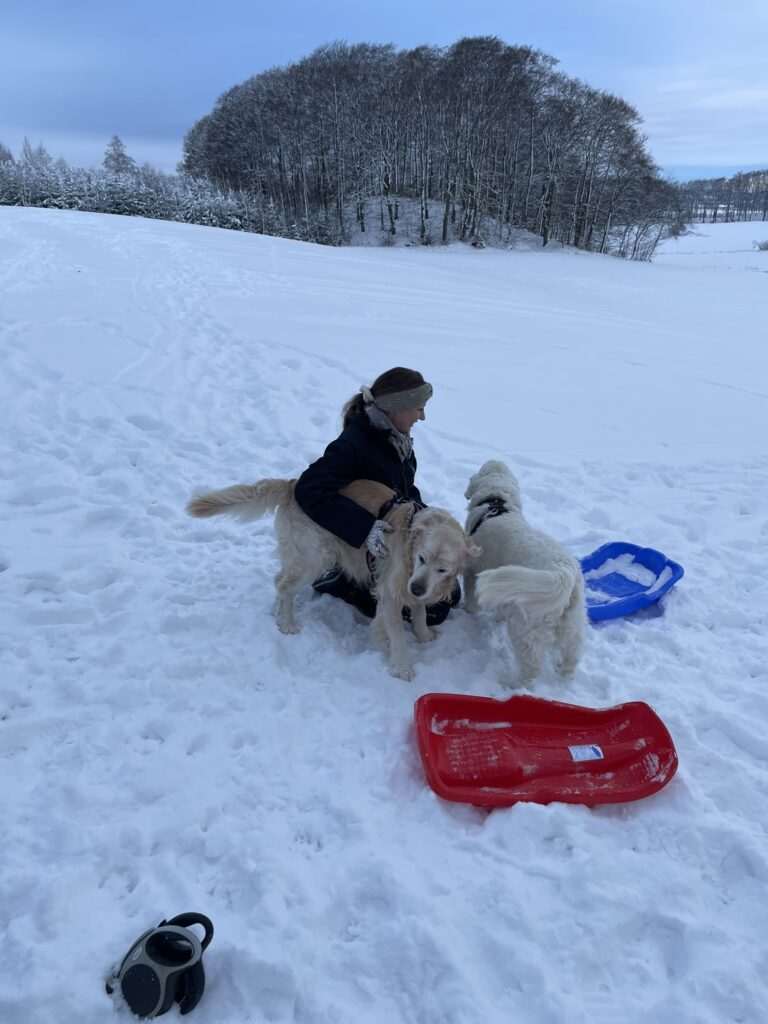
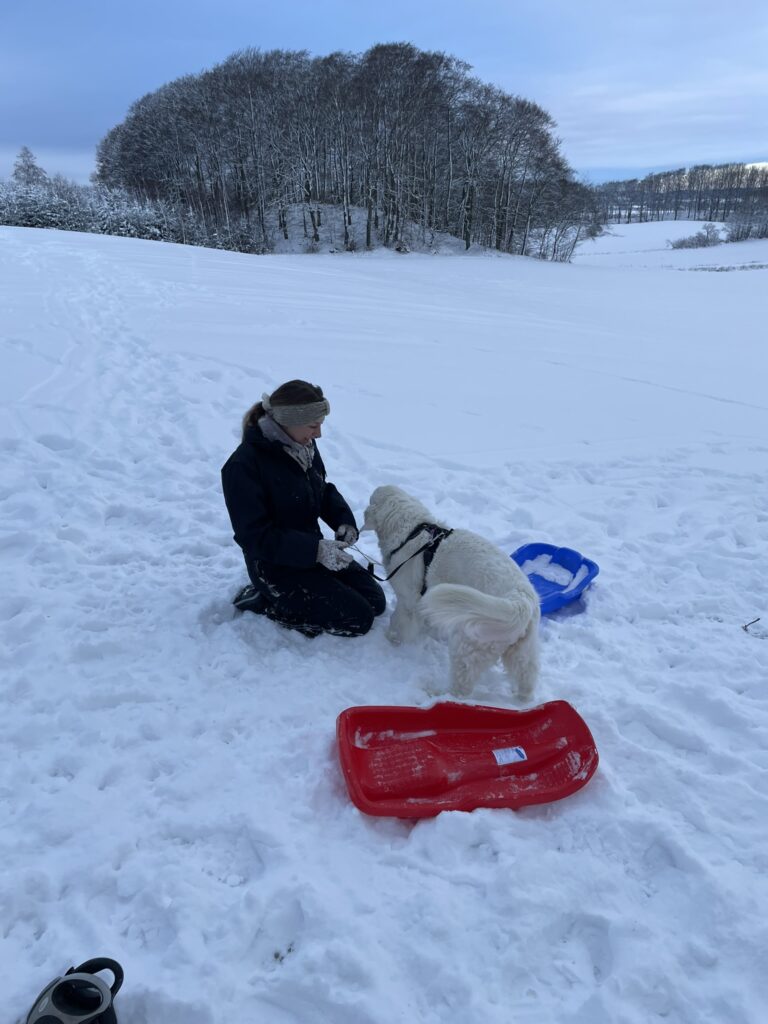
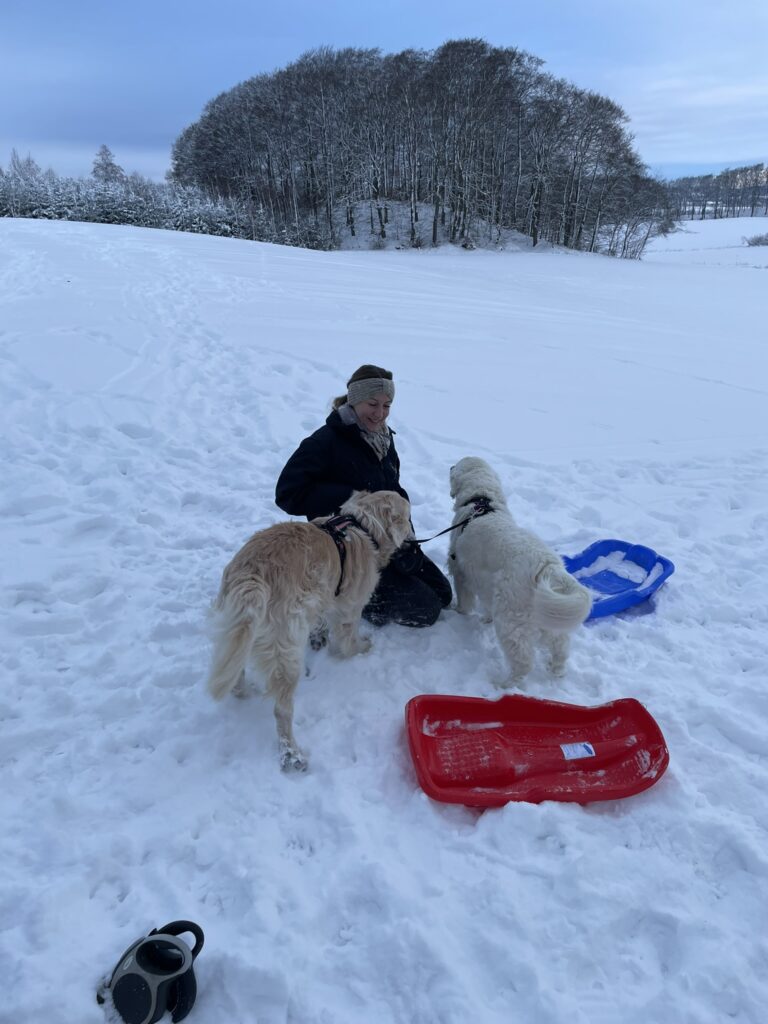
My mother and the school tried to meet my nutritional needs but it was more difficult in those
days. There weren’t as many vegetarian/vegan options available and none of us had any knowledge of nutrition or could google what was important to consider.
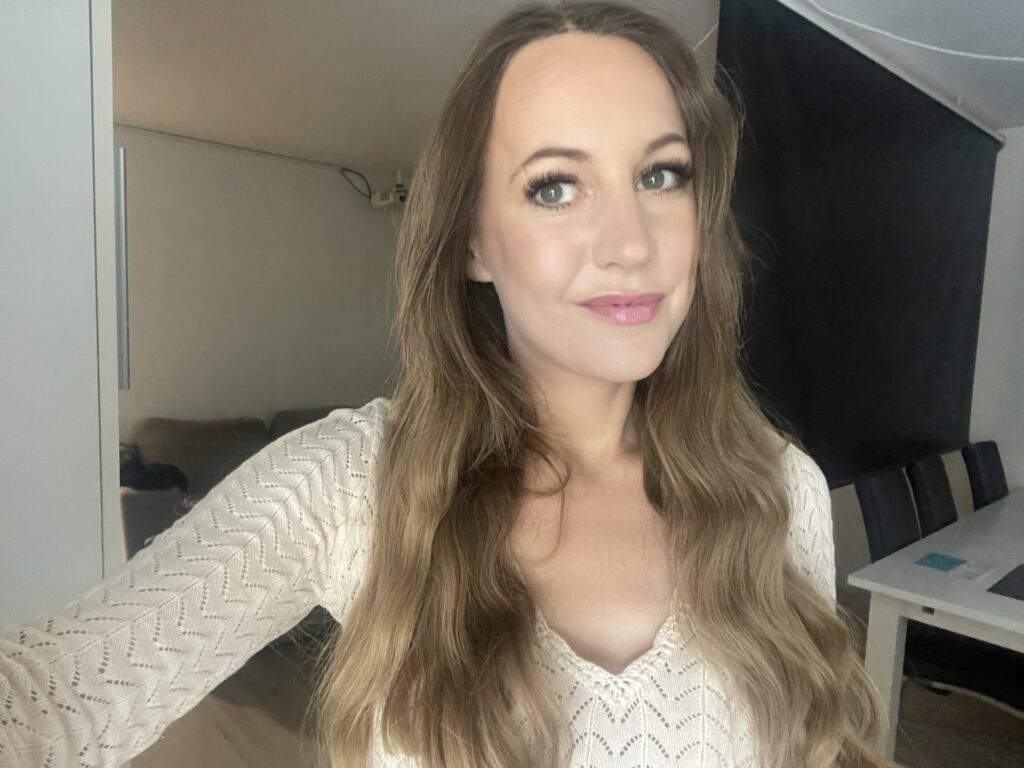
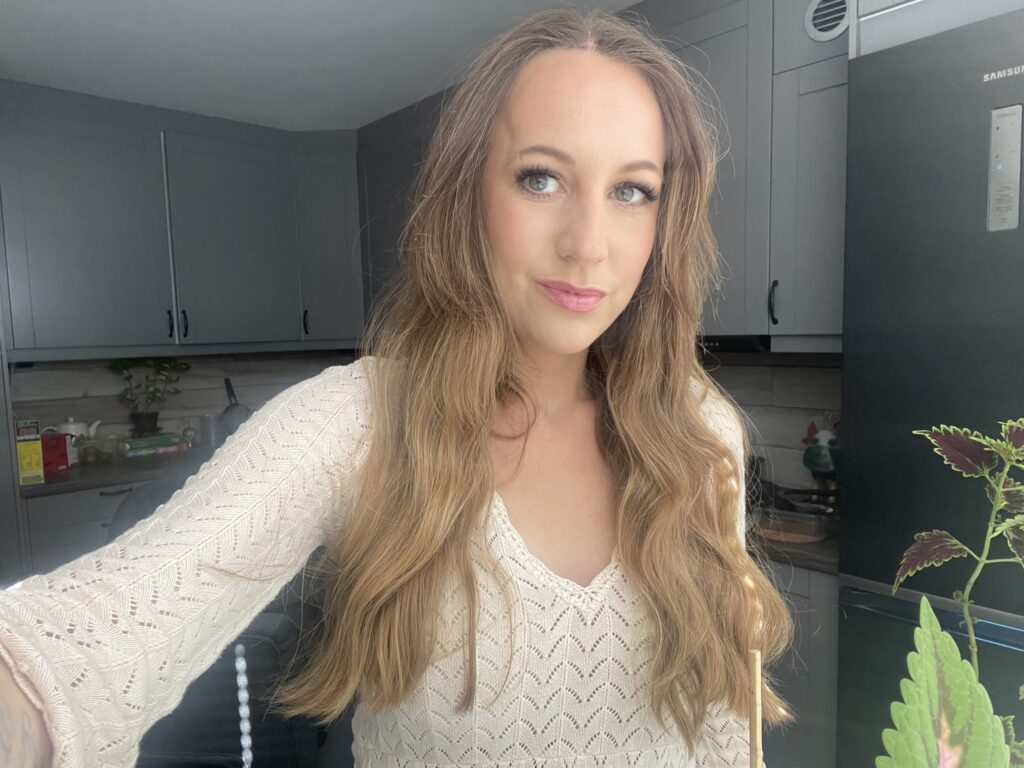
I also had periods of eating disorders during my teenage years, which led to nutritional deficiencies and hair loss in my older teens.

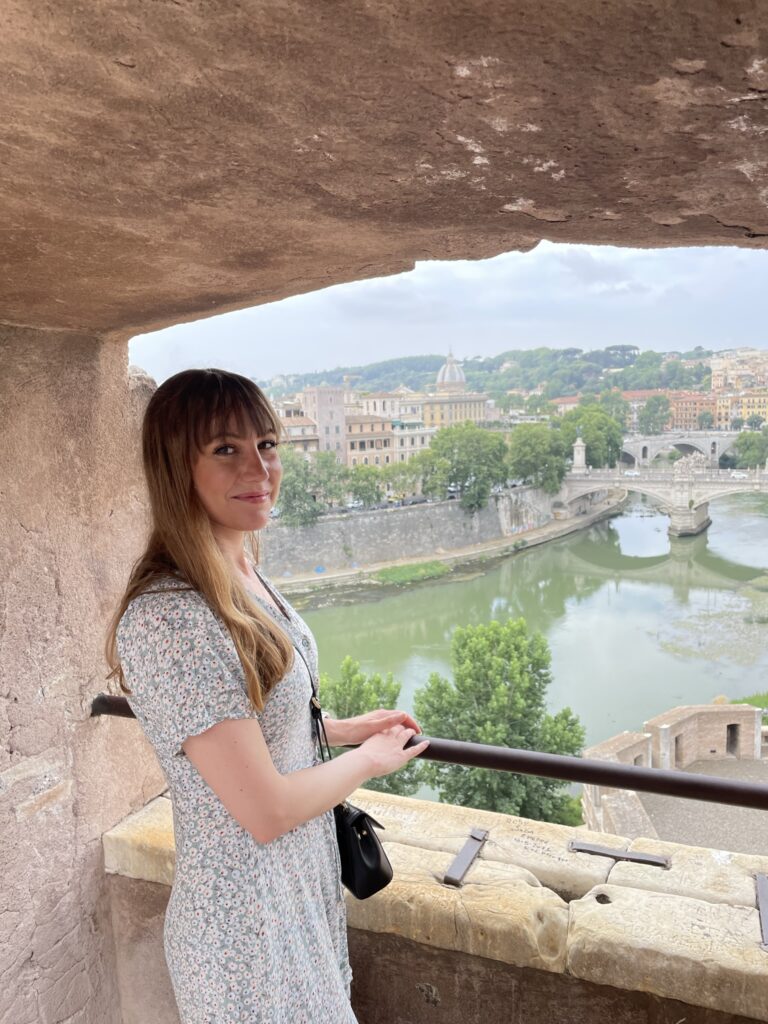
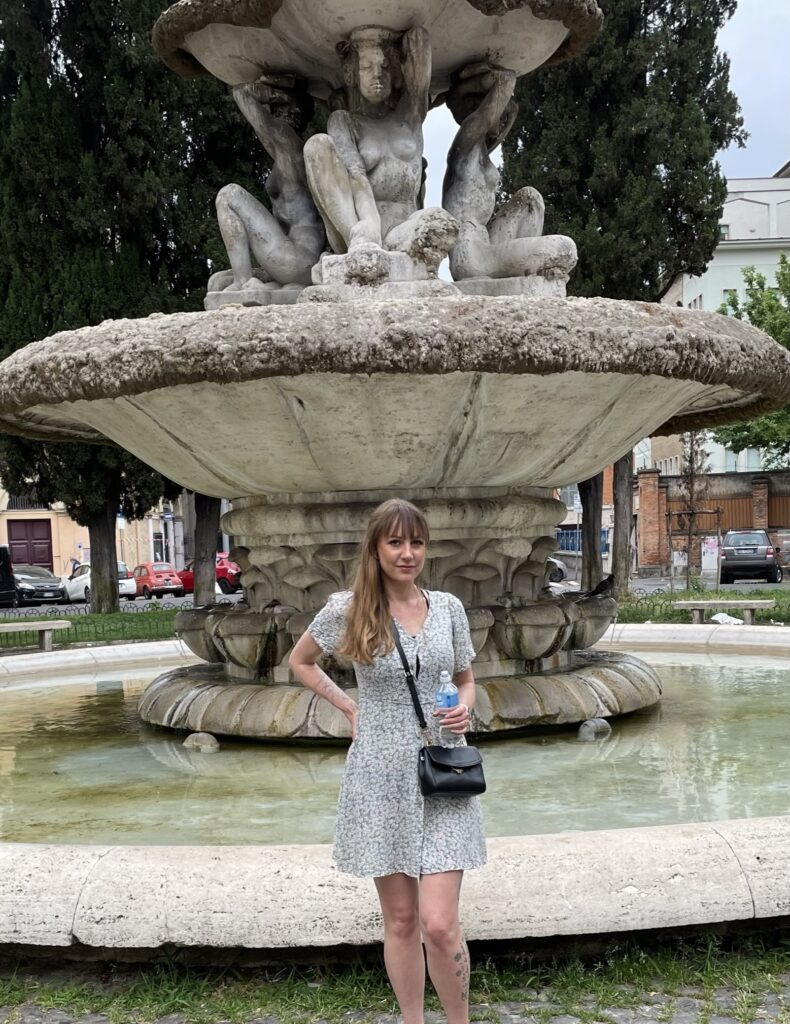
I was given vitamin tablets and other supplements but my mother and the health center were not happy so I eventually started eating meat again. It was, however, a very sparing consumption, given the choice I always chose something other than meat.
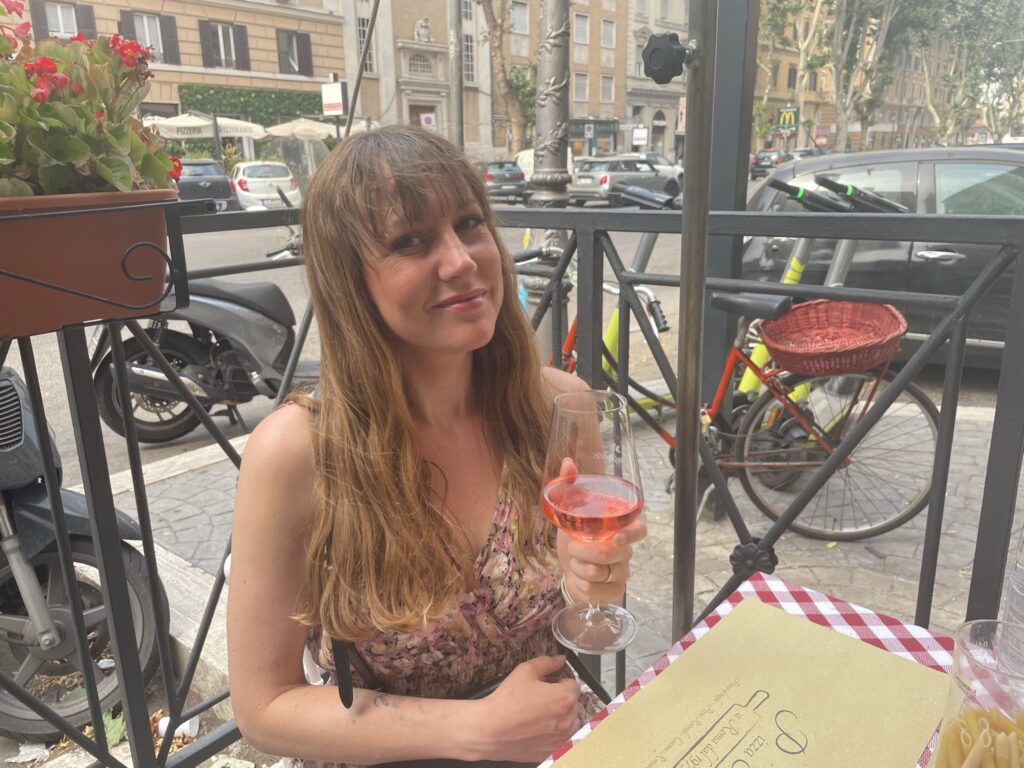
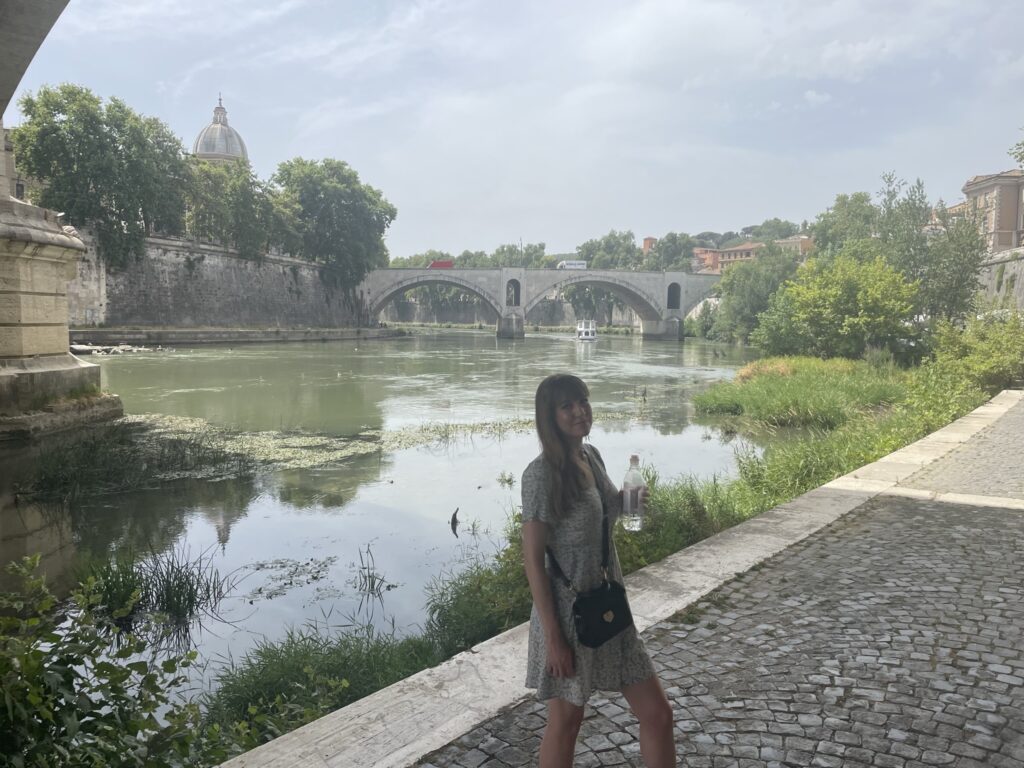
I continued to be a flexitarian until three years ago. I felt sick every time I ate meat and was also very sensitive if I got a bone in the fish or a piece of cartilage in the meat as it made me think about where my food came from. I always only ate locally grown meat, but eventually it dawned on me that it wasn’t any better.
The animals felt just as bad if they were slaughtered near me as far away. As I wrote before, I grew up in a family that believes that animals should have value for humans.
I therefore want to be exactly the opposite, I want to have a value for the animals and do everything in my power to ensure that they are not exploited. I’m ashamed it took me as long as it did, though. One of the main reasons that I didn´t go vegan earlier was probably due to the people I lived with.
My ex was not at all happy that I ate so much vegan/vegetarian food and there were often disputes when we would cook together.
In my current relationship, it’s the opposite. Andreas has supported me from the beginning and even became a vegan himself.
Any interesting stories during this period?
An interesting phenomenon is that over the years I actually managed to influence my mother
to eat much less animals. My stepfather no longer raises animals and he too has started to
become more aware of and reflect on how the animals are doing. Sometimes we can even talk
about what it was like when I was little. Then he tells us that in retrospect he thinks that the
animals had too small boxes and that a lot of things should have been handled differently. I
recently learned that my ex as I described above is a vegetarian today which shows that I may
Explore the Emotional Impact of Embracing a Vegan or Vegetarian Lifestyle
I don’t think there are that many challenges these days. Most restaurants have at least one
vegan dish. I can find it difficult to be invited to new people’s homes and explain what I can
and cannot eat, especially if something goes wrong and they, for example, happen to buy
pasta with eggs in it, but that happens relatively rarely. The hardest thing is probably at work
when I go to conferences or meetings where food is served, it sometimes happens that my
food gets forgotten or something vegetarian is served instead of vegan. I always have to
double check and ask what is actually in the food.
What are your sentiments towards adopting a vegan or vegetarian lifestyle?
It is the best decision I have made and I feel that I am truly living in harmony with who I am
and my values. I also feel much better physically than when I ate a mixed diet. I often had
problems with my stomach which completely disappeared with a vegan diet as soon as I got
used to the lentils, beans and chickpeas, haha. However, I often feel sad that not more people
share my values. I am disappointed in my family and friends that they are not more clear-
sighted. For me it is quite obvious that we should not harm or exploit animals and I do not
understand how they can be so oblivious about the issue.
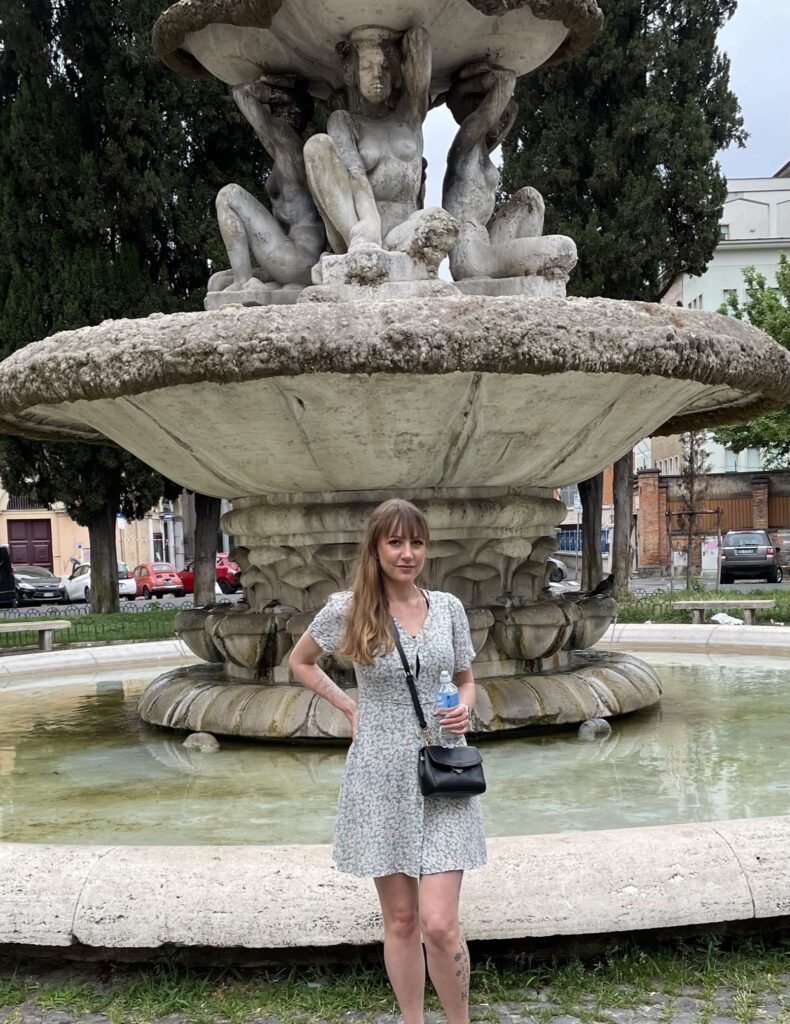
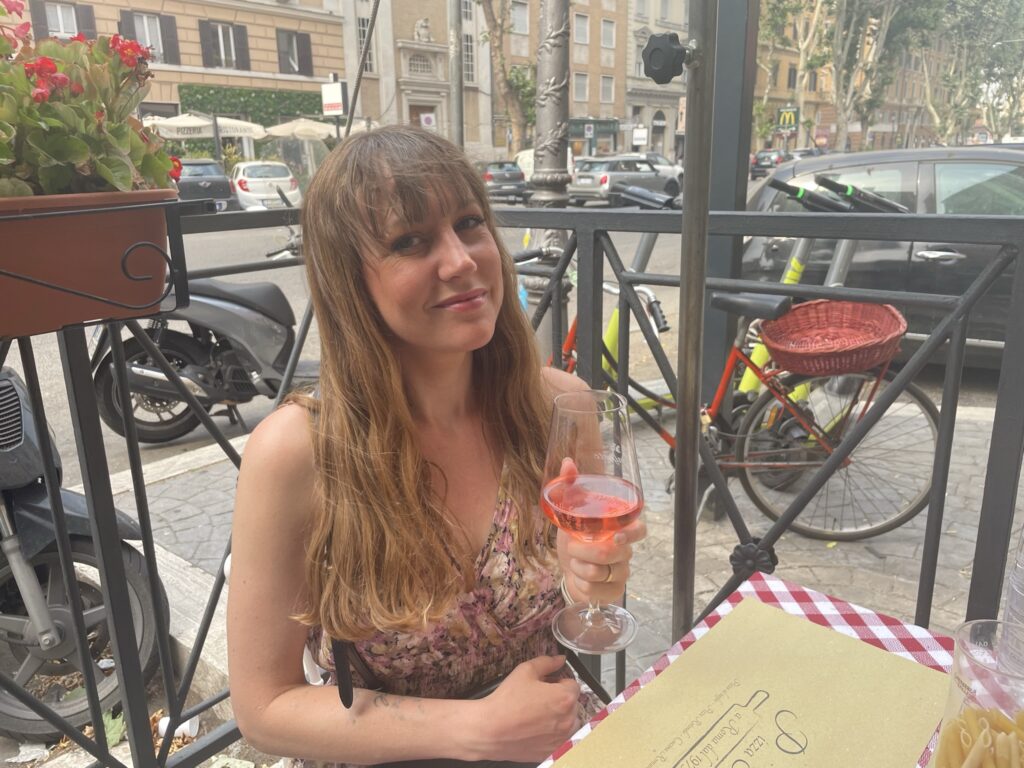
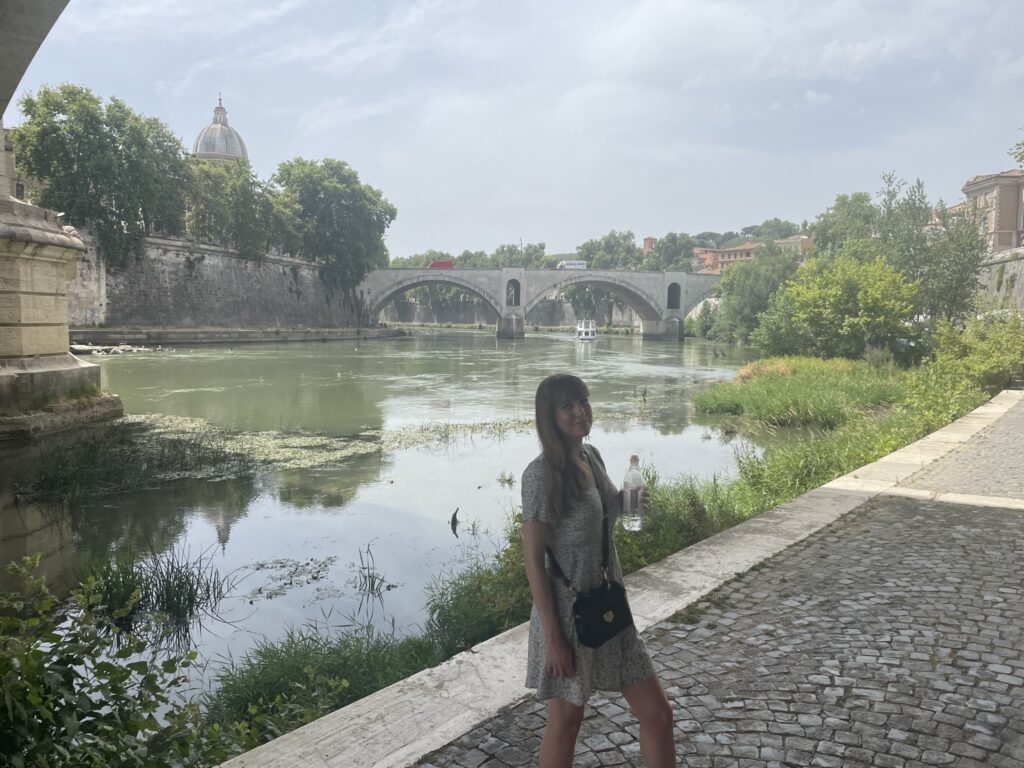

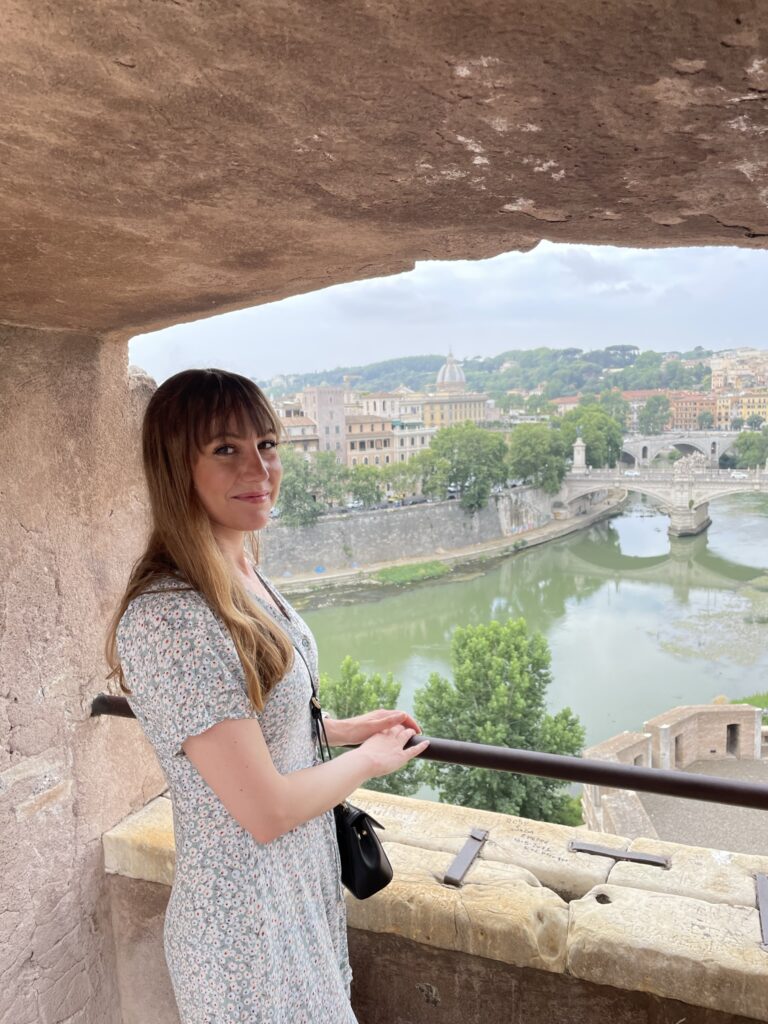
What persuasive message would you use to encourage someone who hasn’t embraced a vegan/vegetarian lifestyle to explore and try meatless alternatives?
First of all, I probably try to explain what the meat industry actually looks like. I think many
people have a romanticized image of for example cows and think that they live outside on
open fields and are being treated with kindness. Many say “as long as they had a happy life, I
have no problem eating them”. To me it feels completely preposterous. Of course, it is better
that the animals had a good life than a bad one, but they don’t want to die regardless. Another
thing that fascinates or perhaps rather scares me is how often I am asked why I don’t drink
milk, “the cows have to be milked to feel good”. I am completely appalled by that question
and that people don’t understand that a cow has to have a calf to produce milk. That kind of
ignorance is a mystery to me.
Recommend some good places or food? can be home-cooked or eating places. Why are
these your favourites? (with photos and captions of the dish names)
Who said vegan food is boring?
vegan_sandy
I love to travel and I love to explore vegan food on my travels. The last place I travelled to
was Brighton which had an absolutely fantastic range of vegan food.
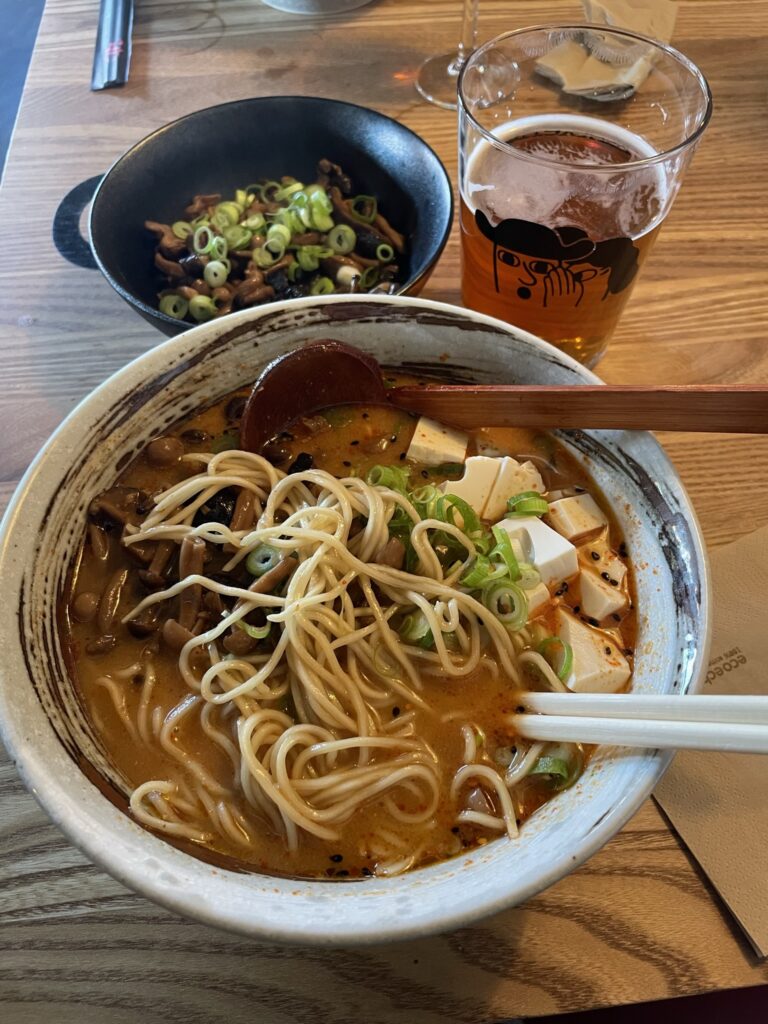
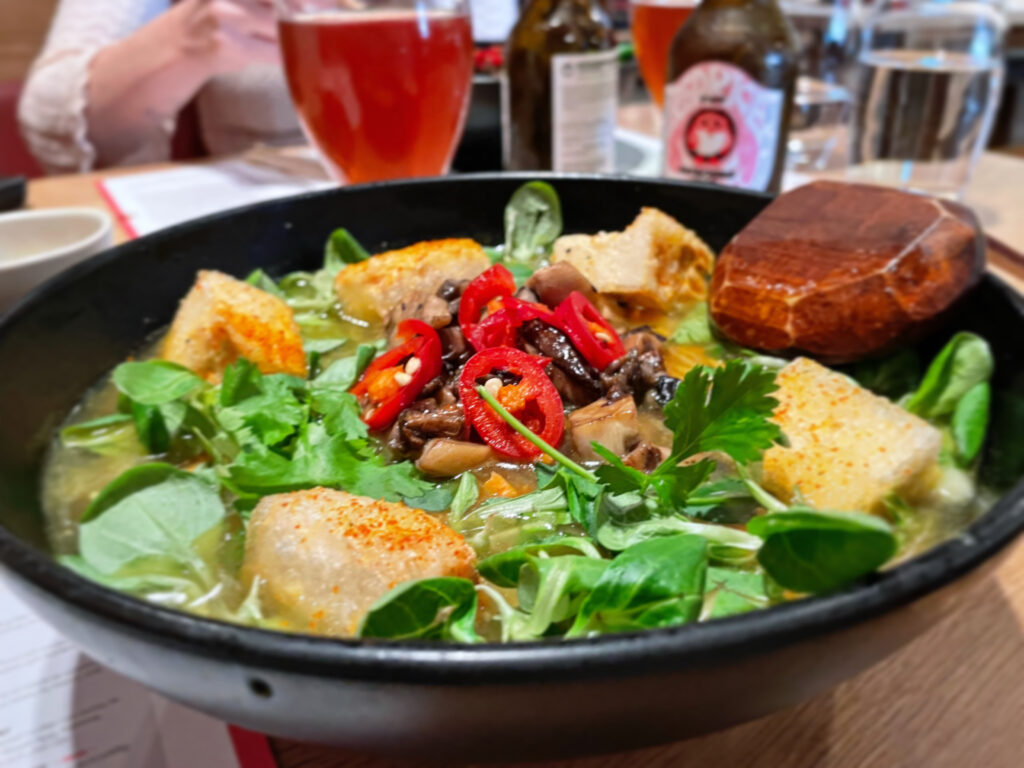
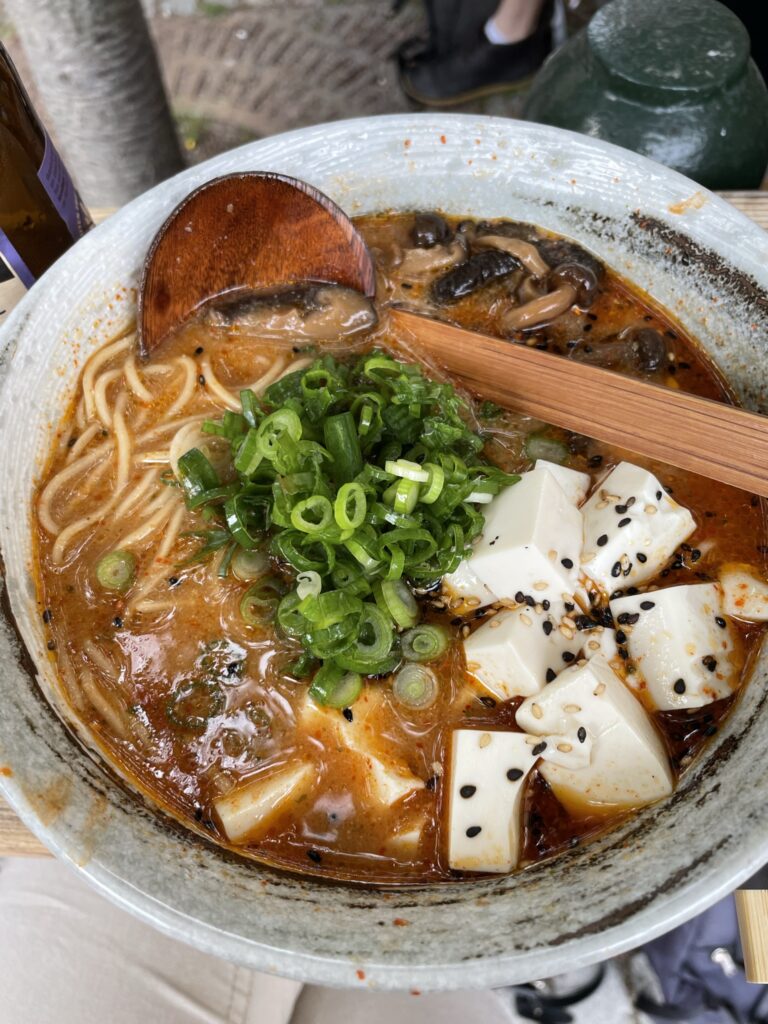
In Sweden, I have a favorite place in Malmö called “Ramen to biiru” they have some different vegan ramen dishes that are absolutely amazing.
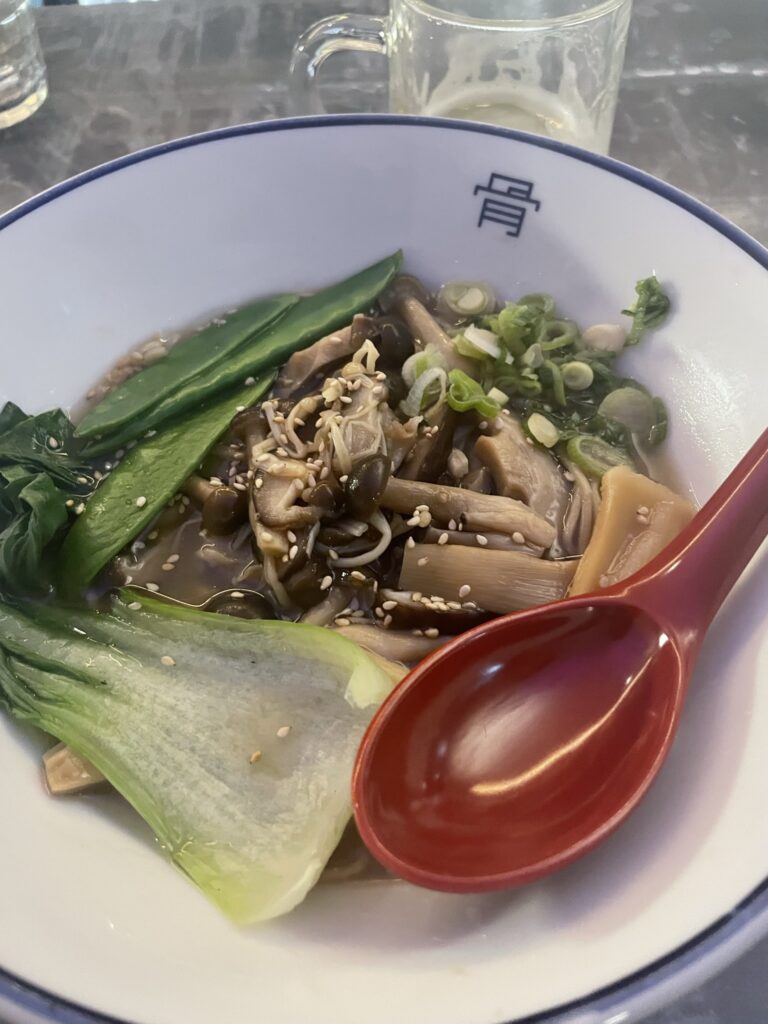
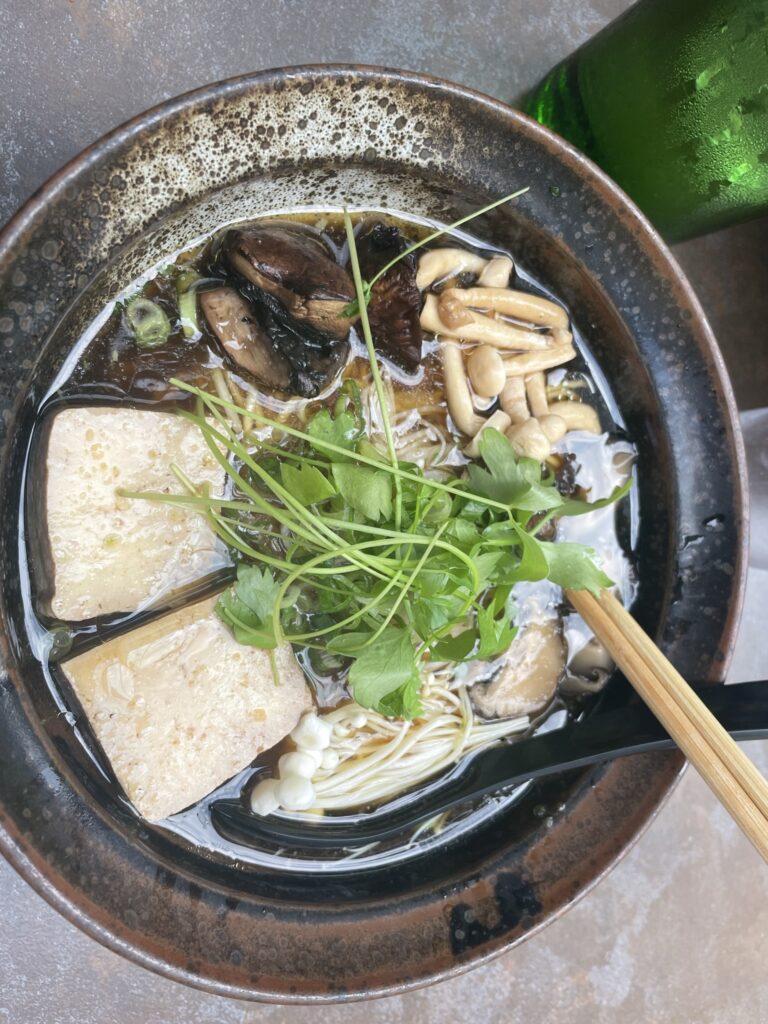
Ramen is probably my favorite thing to eat when I travel, and pancakes.
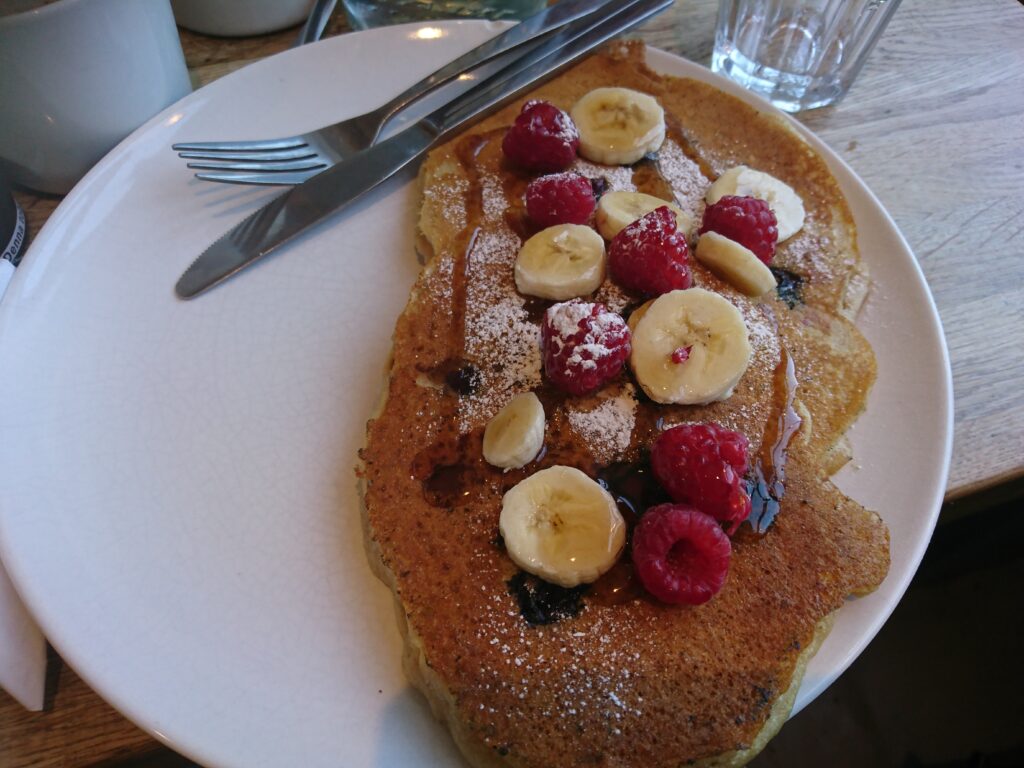
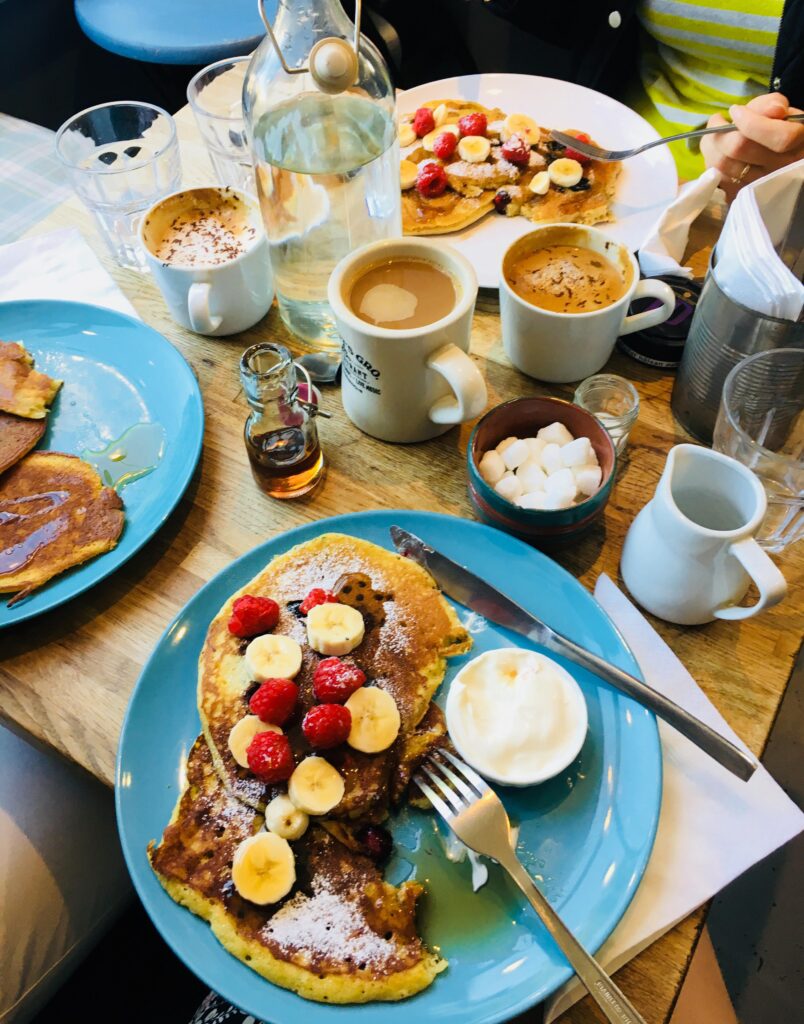
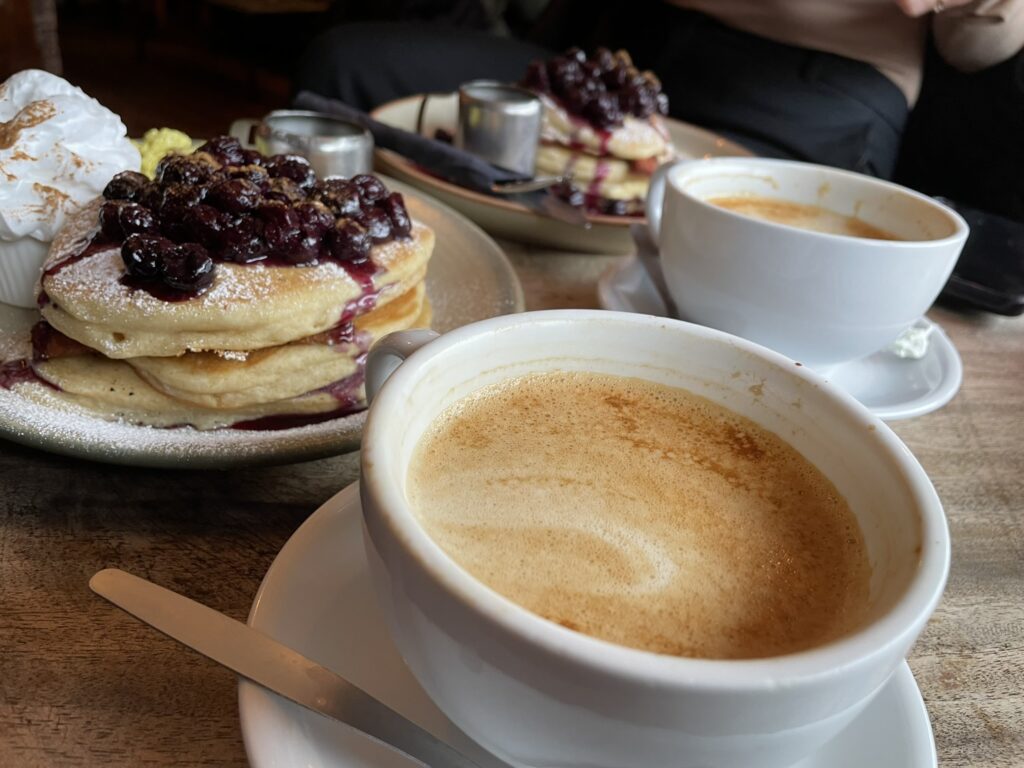
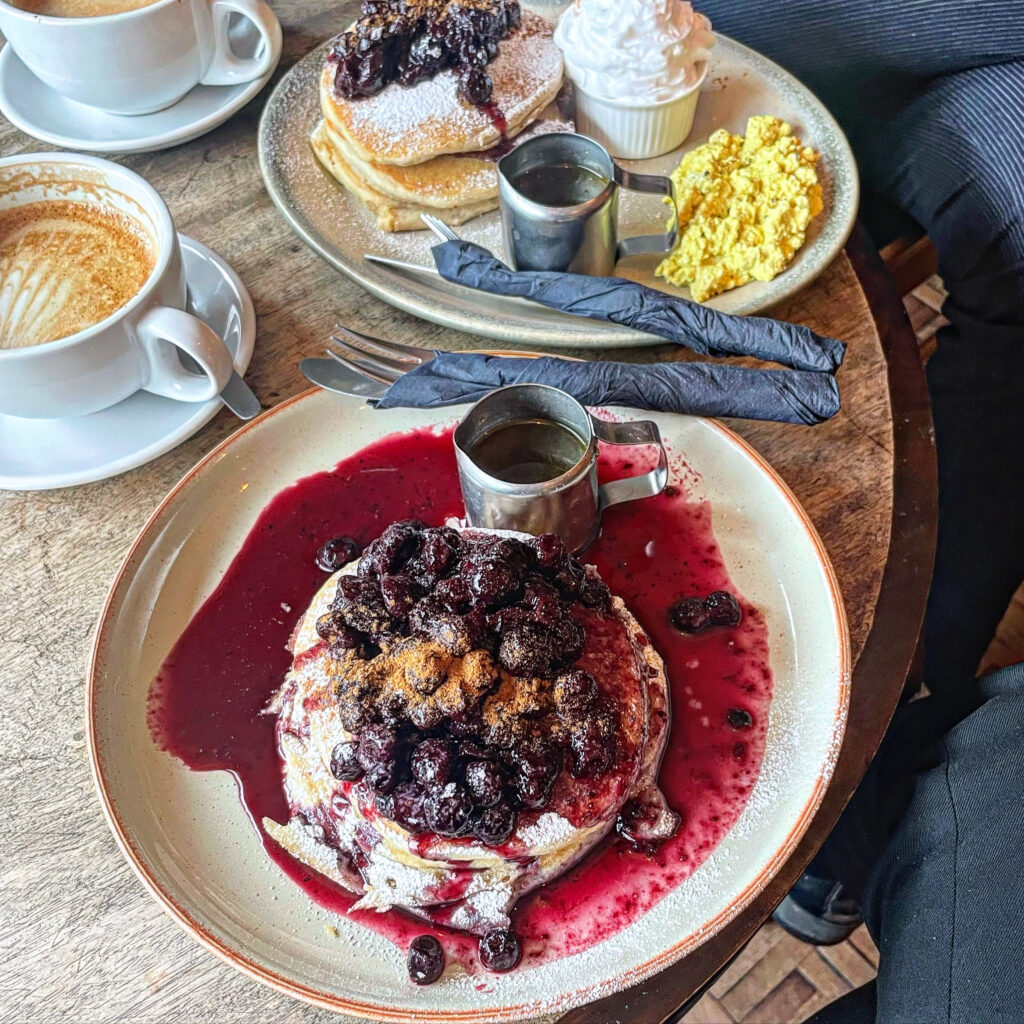
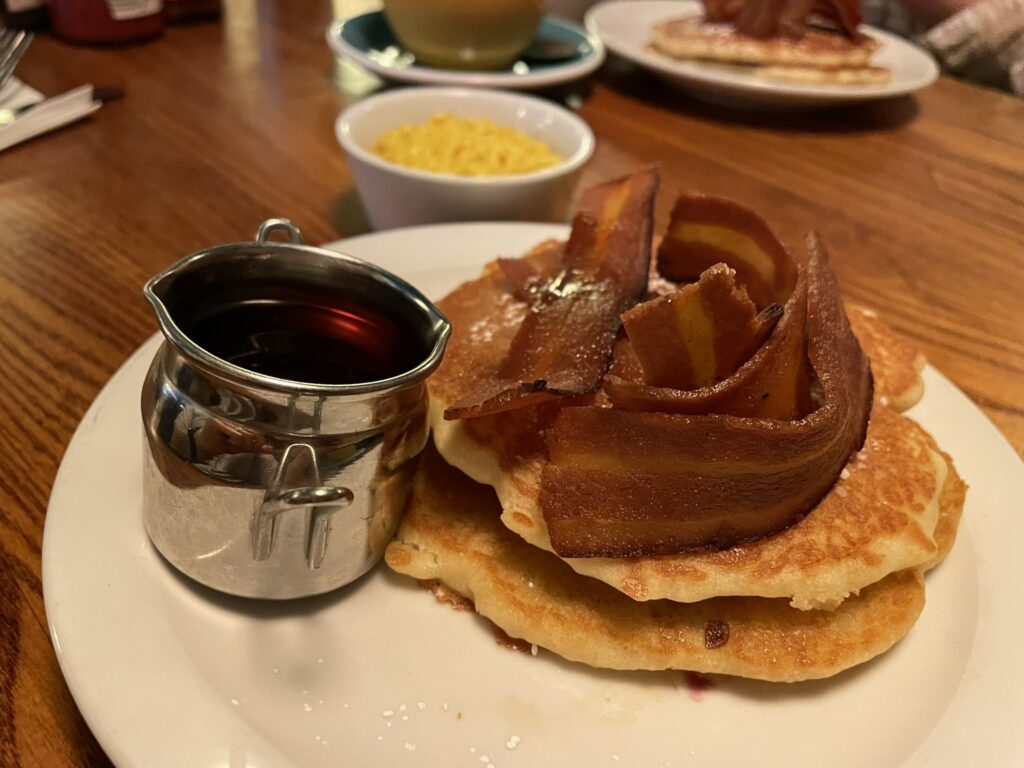
The pancakes and vegan bacon in Brighton was mind blowing. Andreas and I also cook a lot at home, preferably as much whole foods as possible.
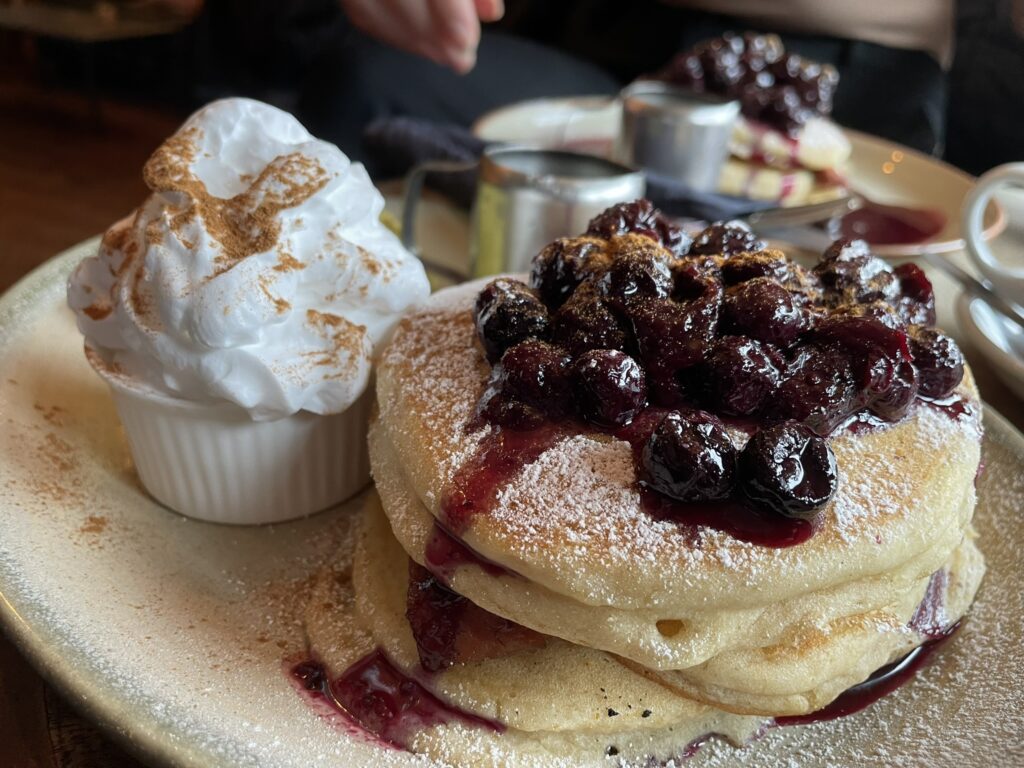
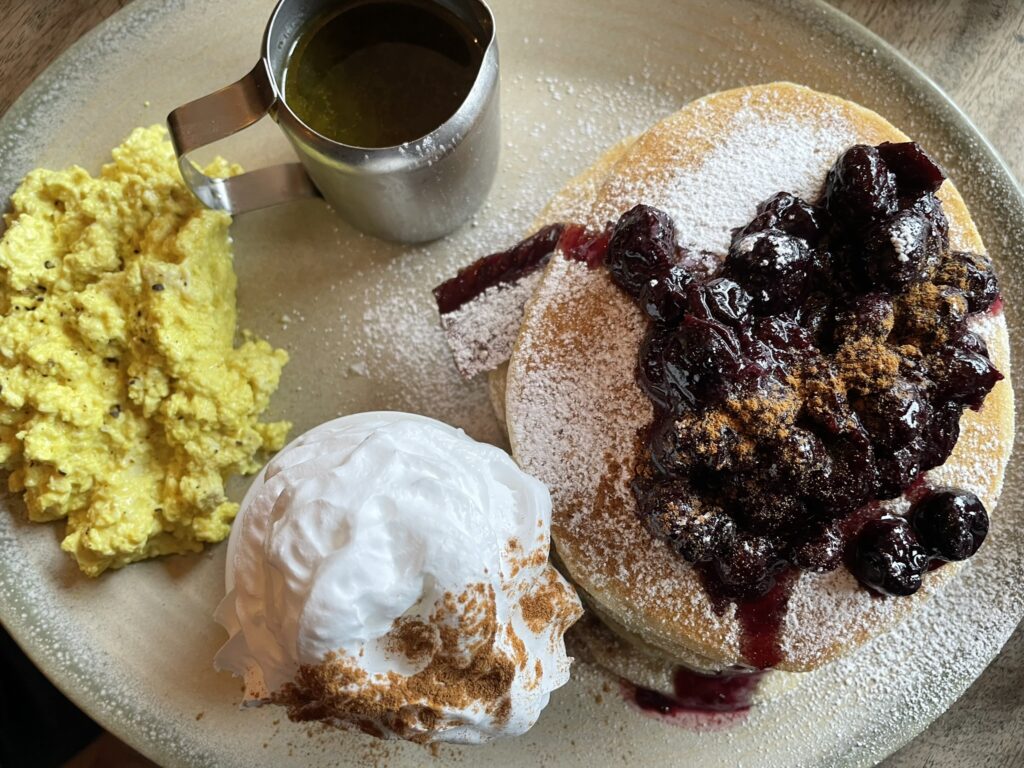
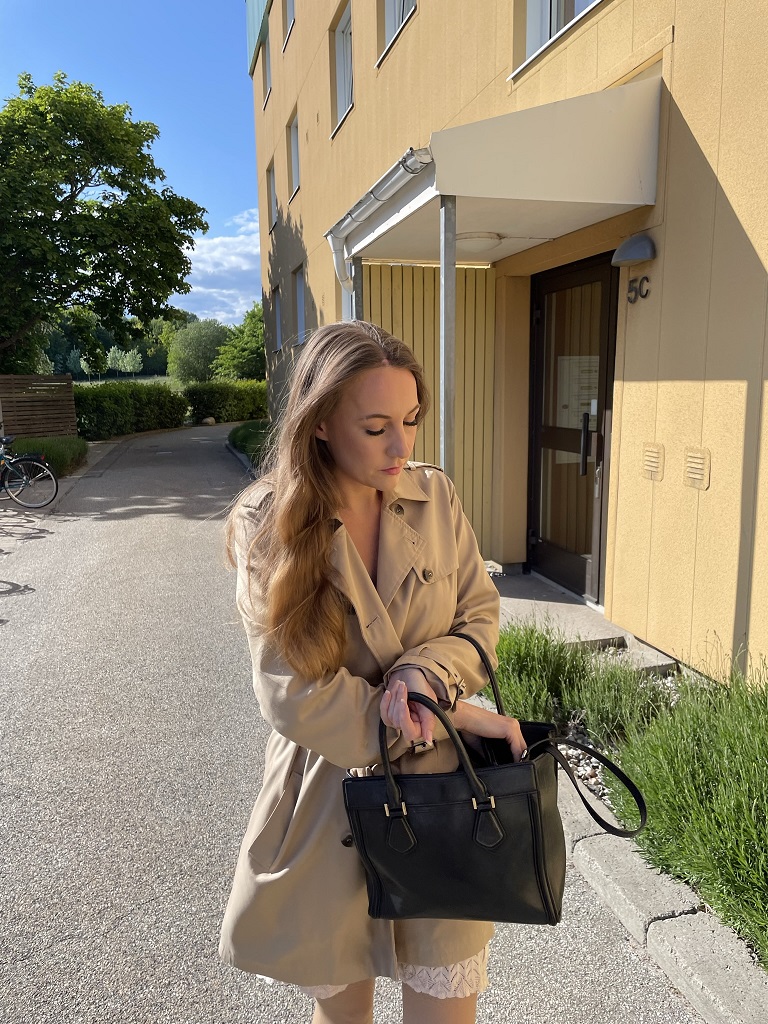
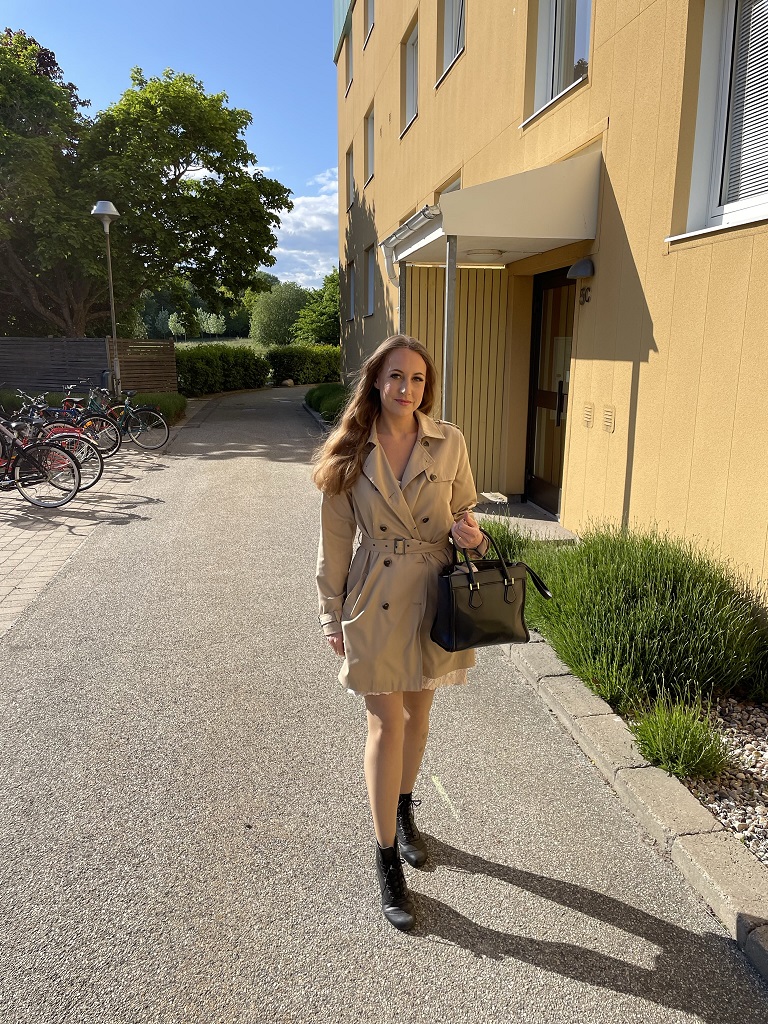
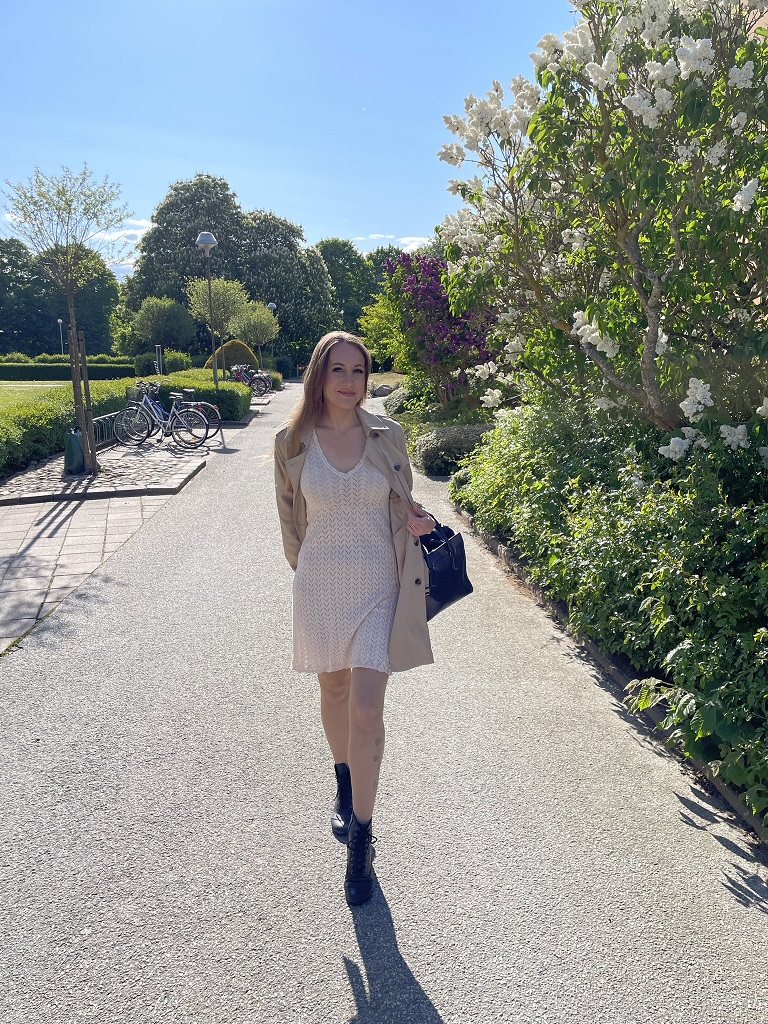
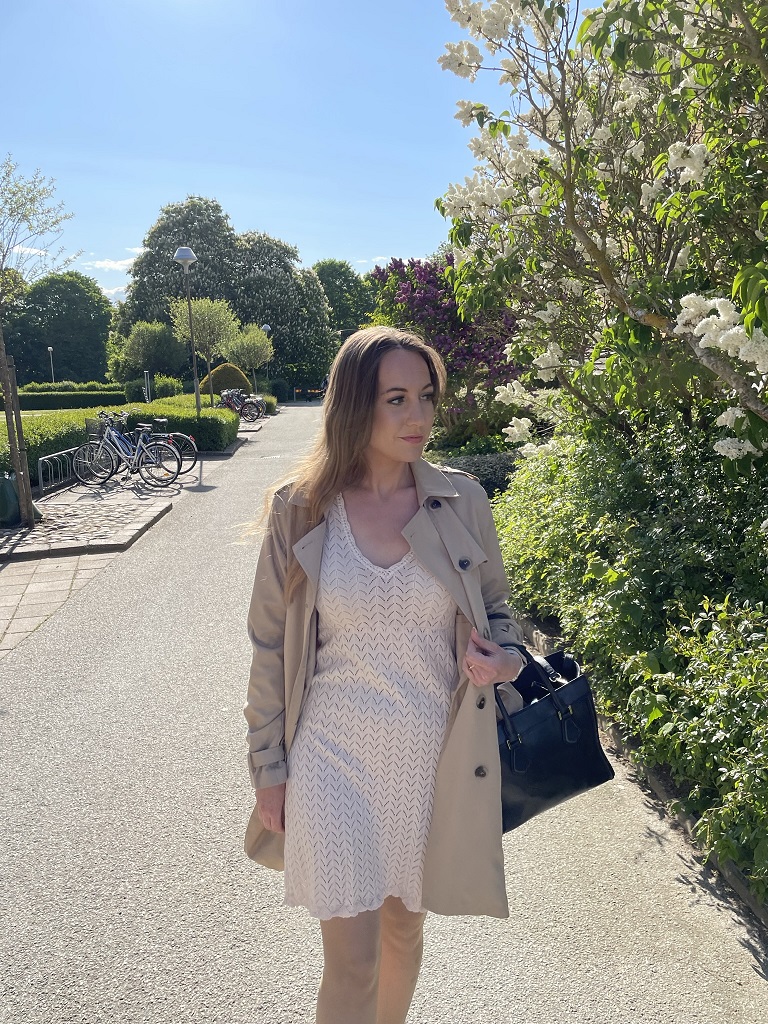
Lentils, beans and cabbage can never go wrong. I am also very fond of yogurt with protein powder, fruit and peanut butter. It´s simple yet delicious.
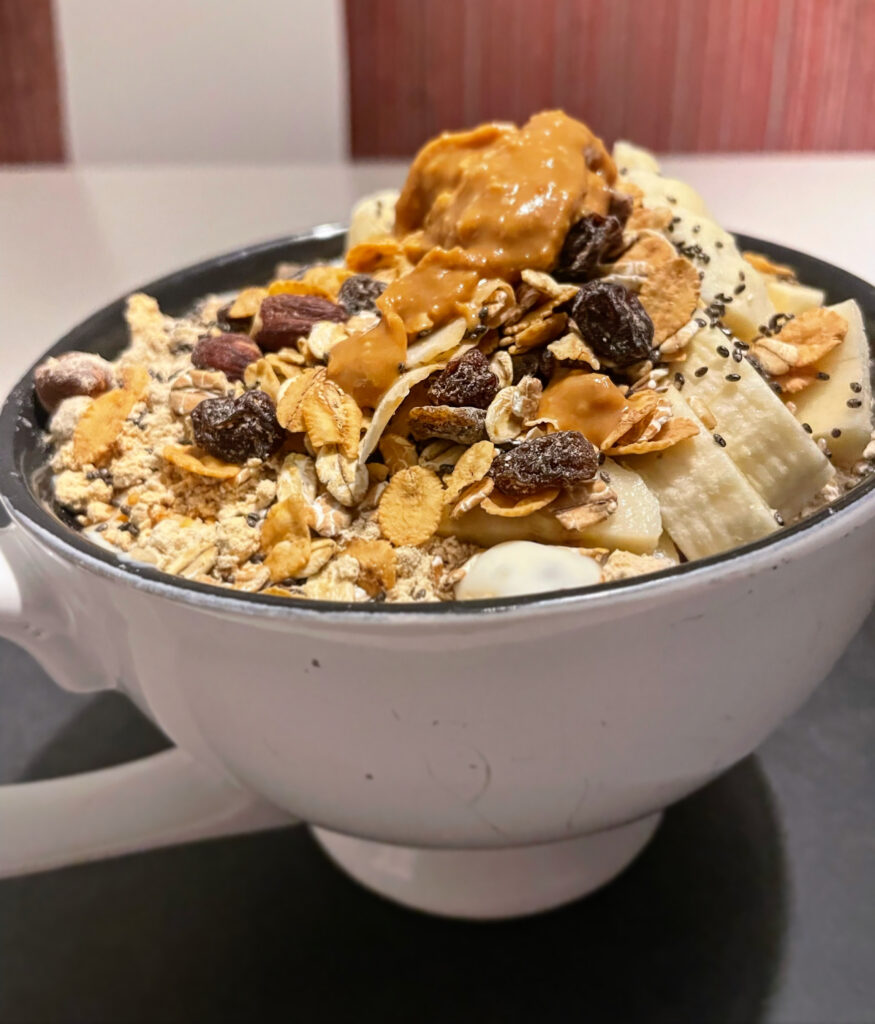
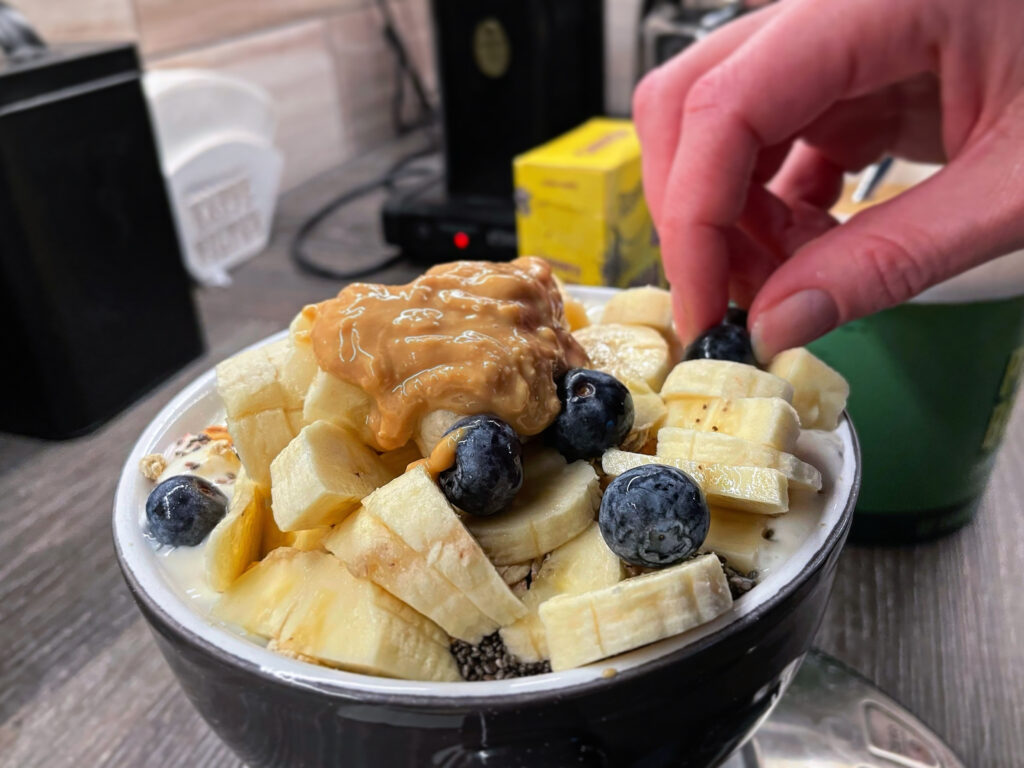
What are common misconceptions about vegans or vegetarians?
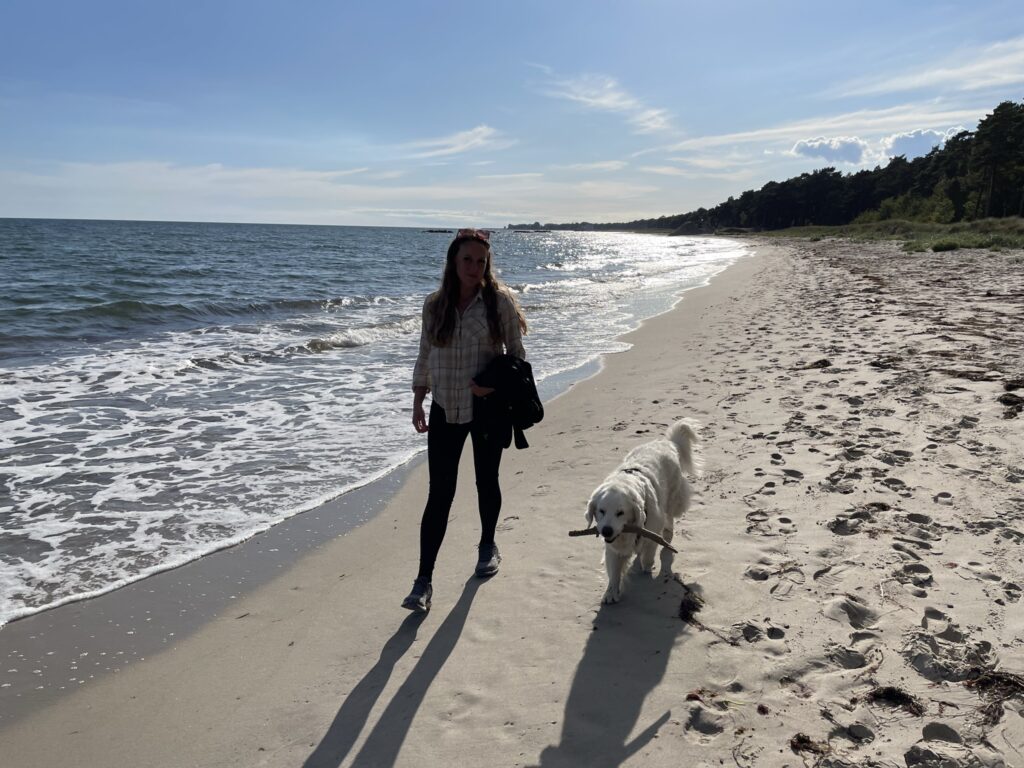
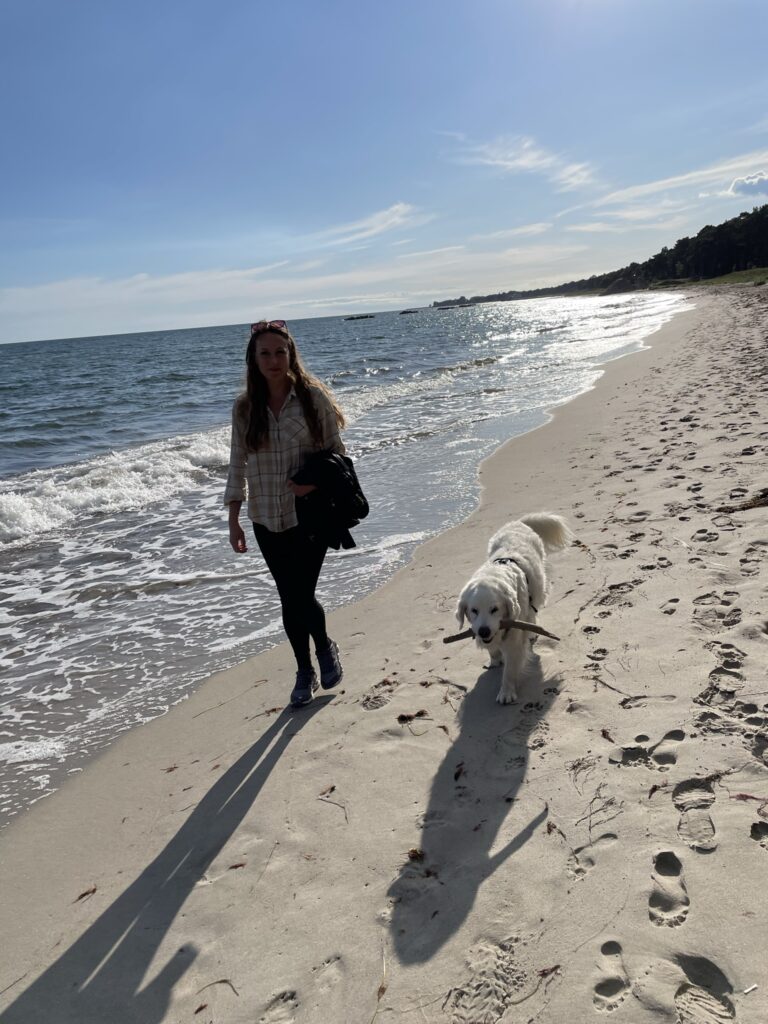
That we have difficulty getting protein. I usually try to explain how much protein there is in
certain plant-based meals. For example, most people don’t think that bread and pasta contain a
lot of protein.
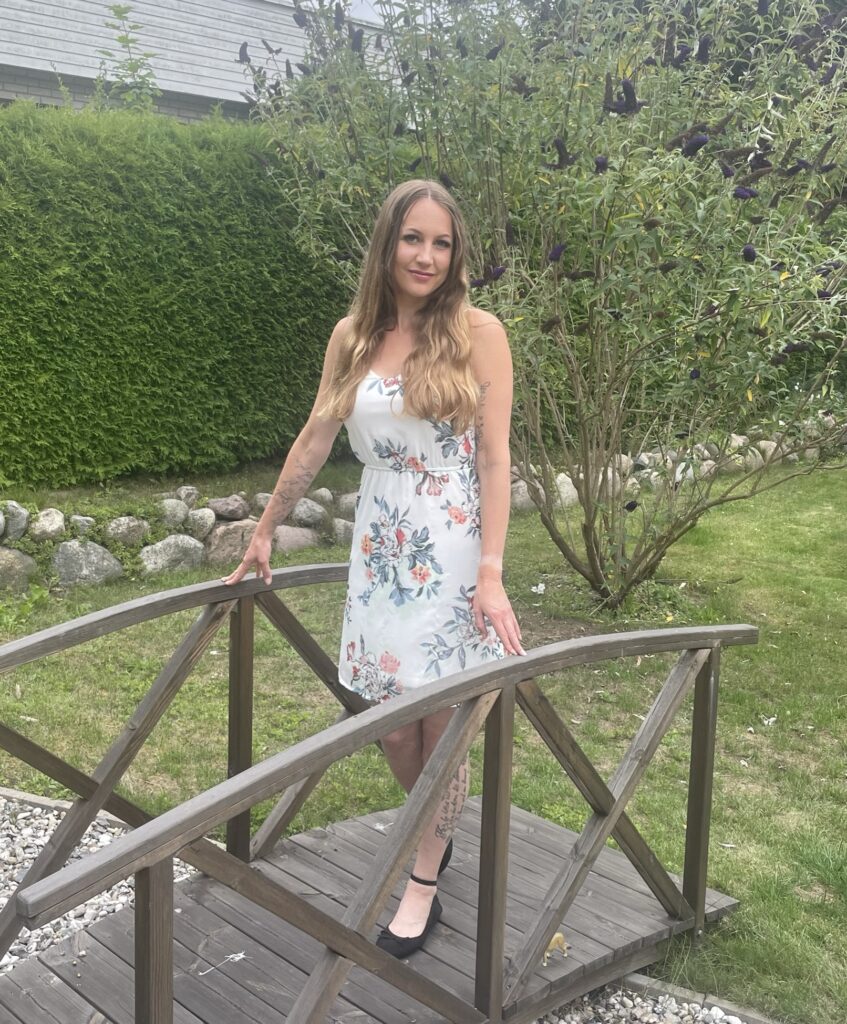
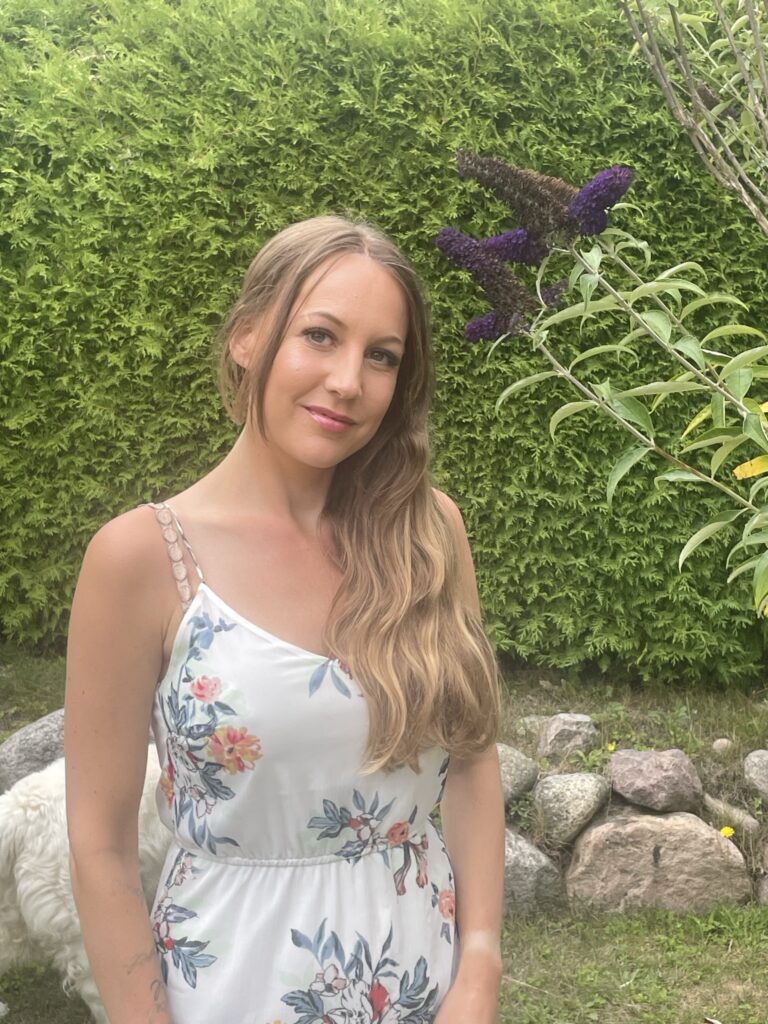
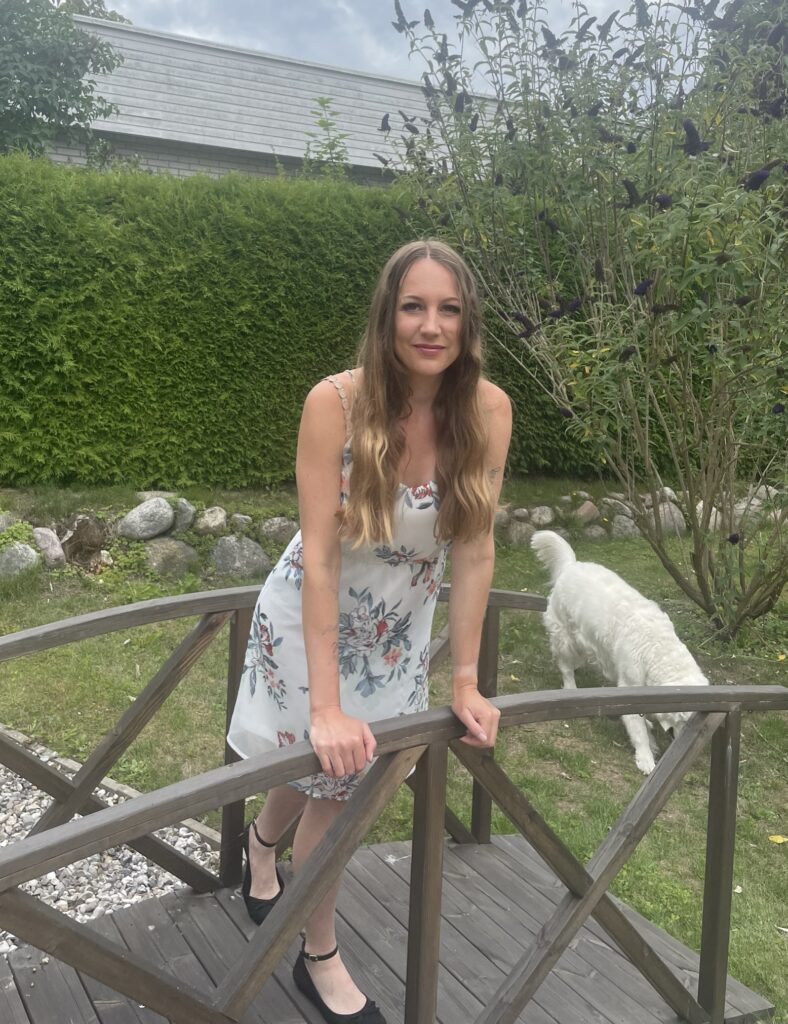
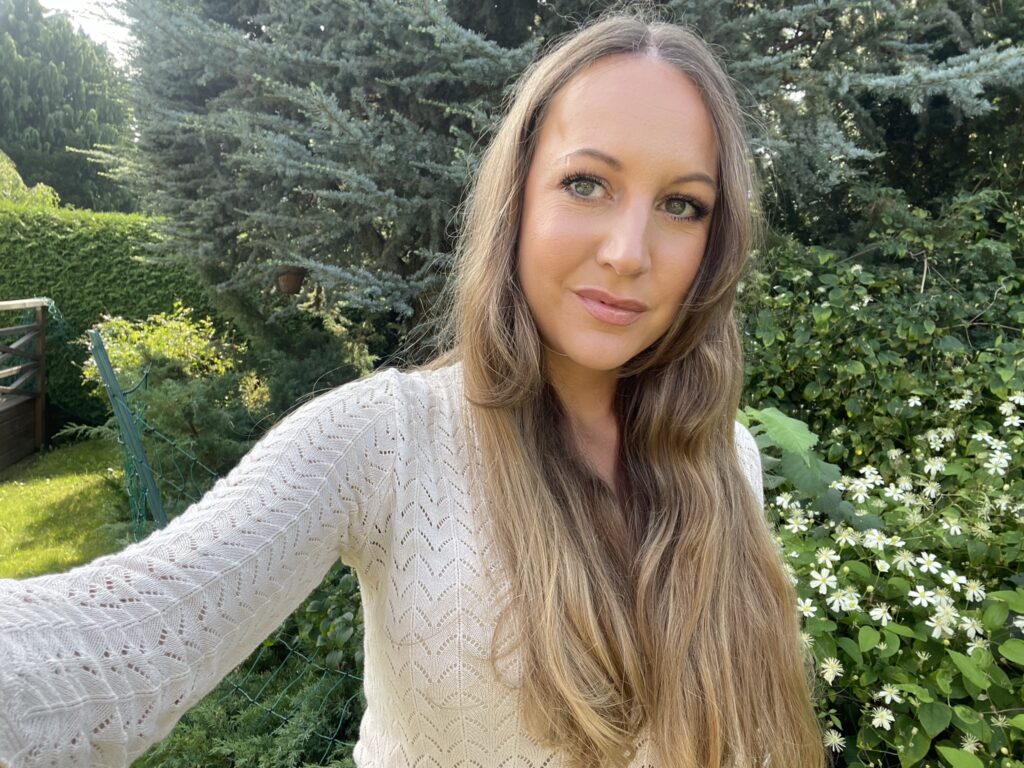
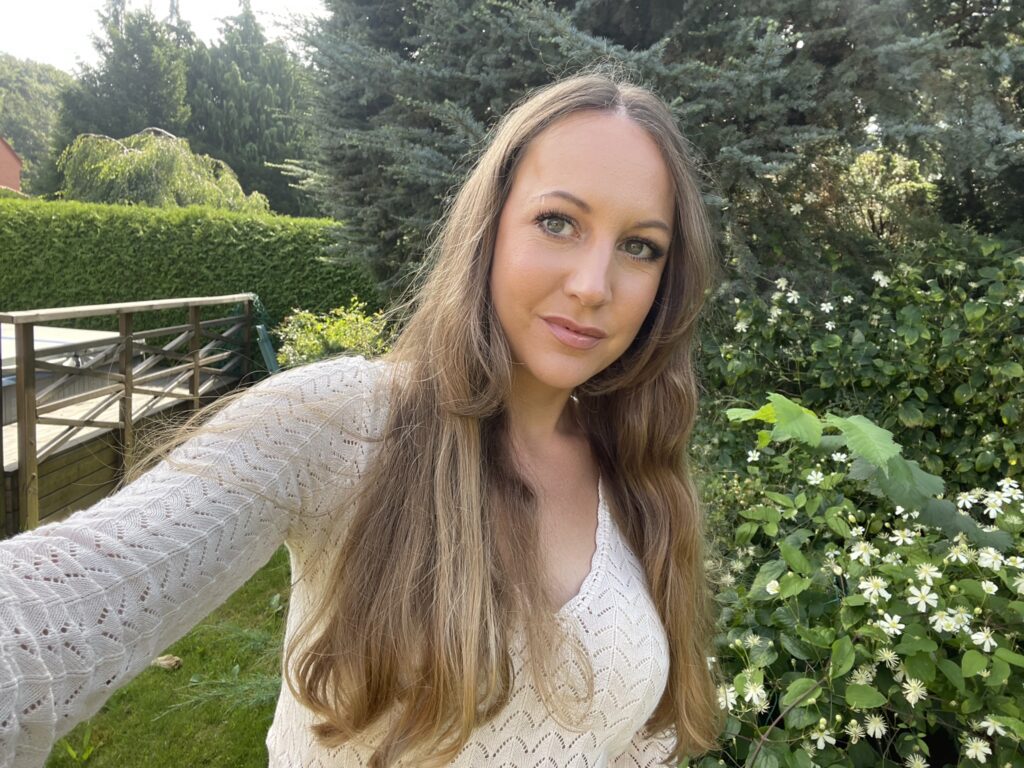
For individuals embarking on their meatless journey, what guidance do you offer to those starting a plant-based lifestyle?
Eat healthy, work hard
vegan_sandy
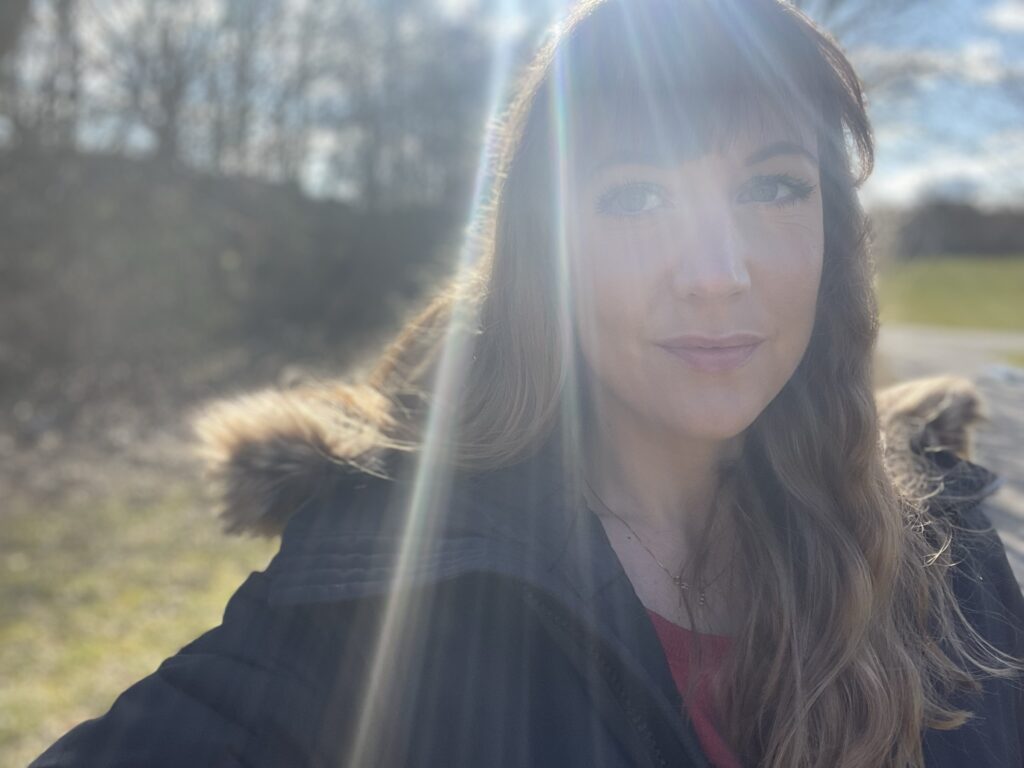
To follow your heart. If it feels right, it is right. I think the vast majority of us understand that a diet that doesn’t cause suffering to others is being on the right side of history.
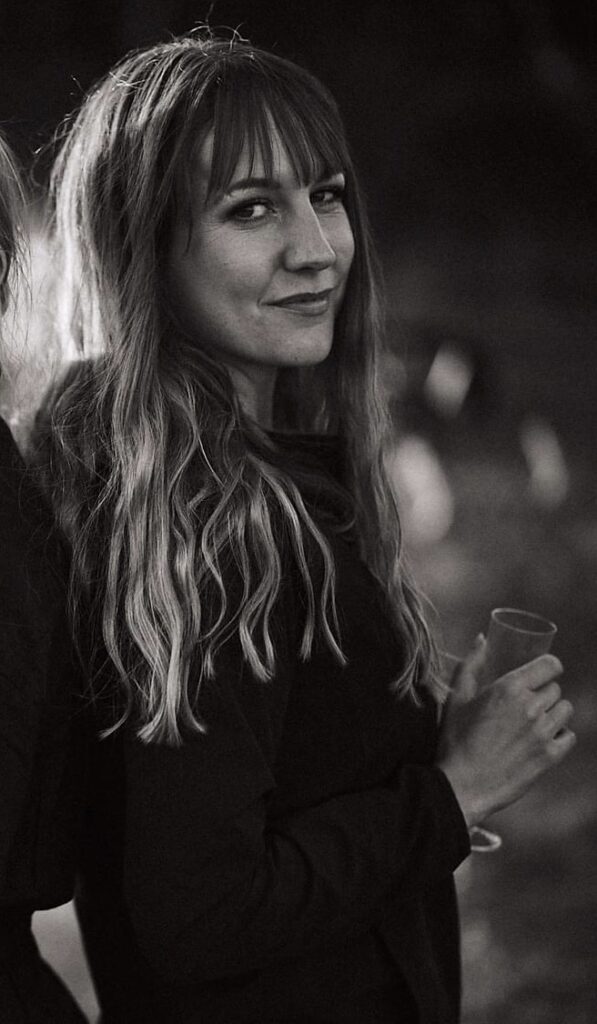
🌱 Vegan for the animals
🦮 Mum to Cendra (12) and Ask (10)
🇸🇪 From Sweden
all images courtesy of 🌱 Vegan for the animals
